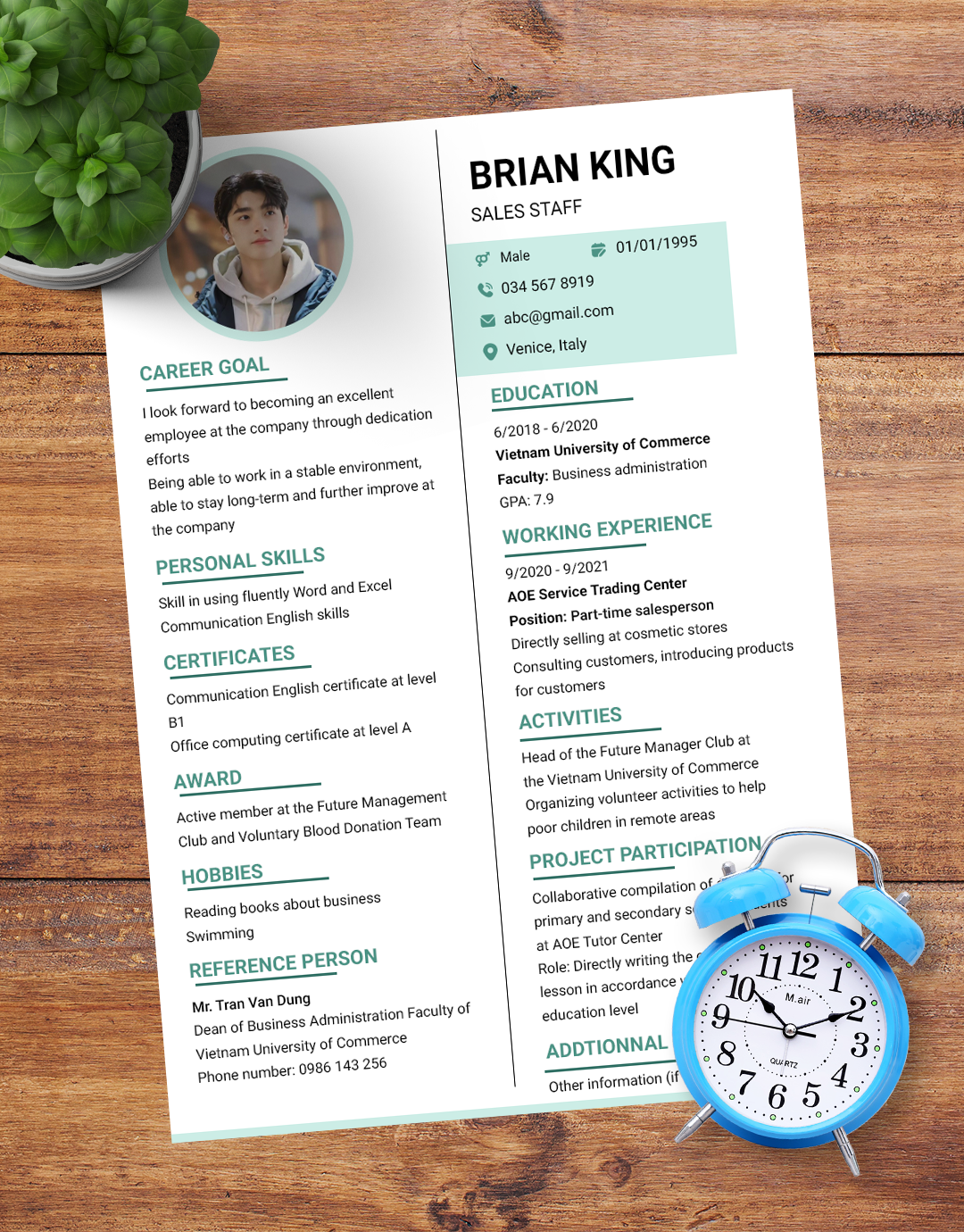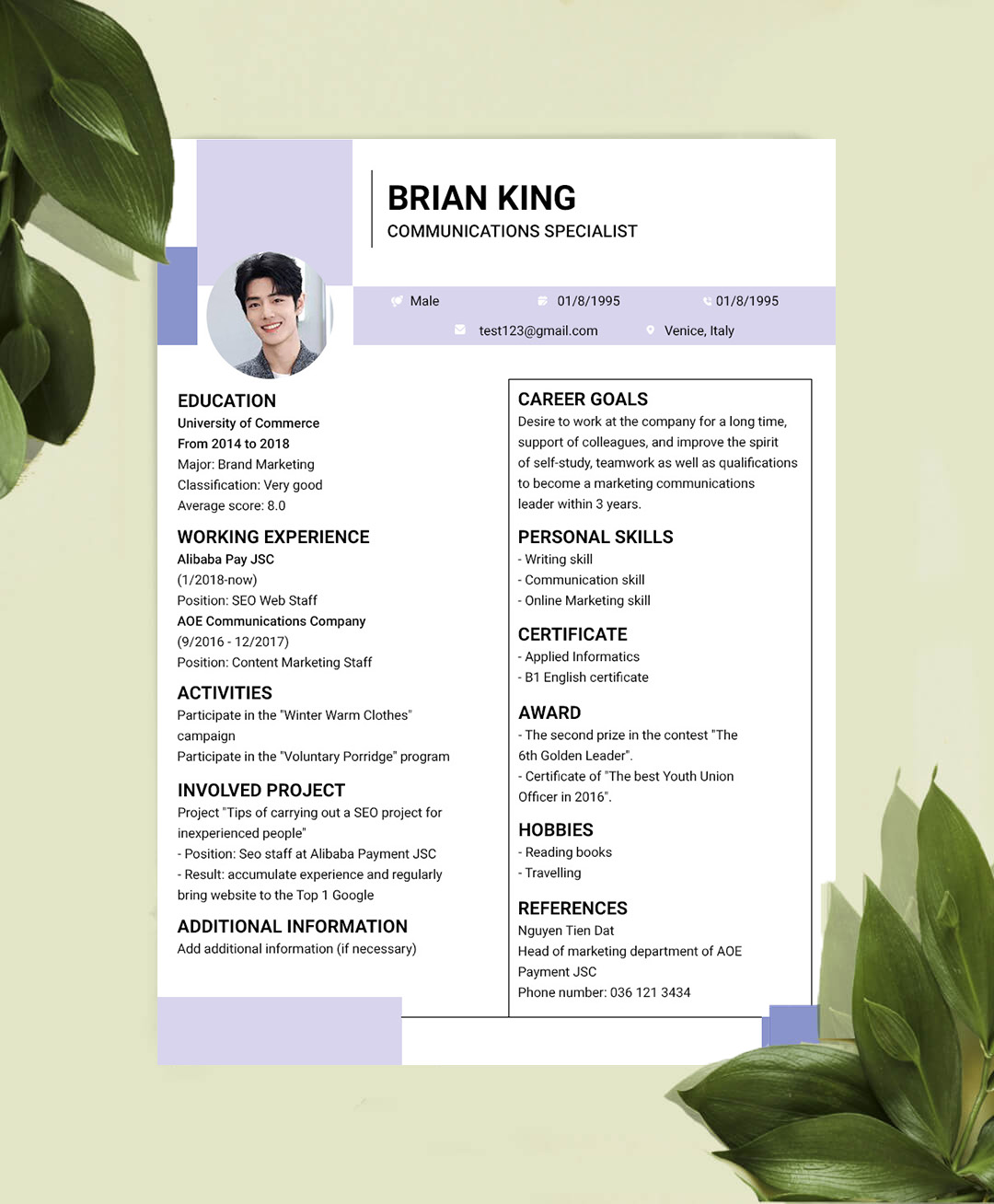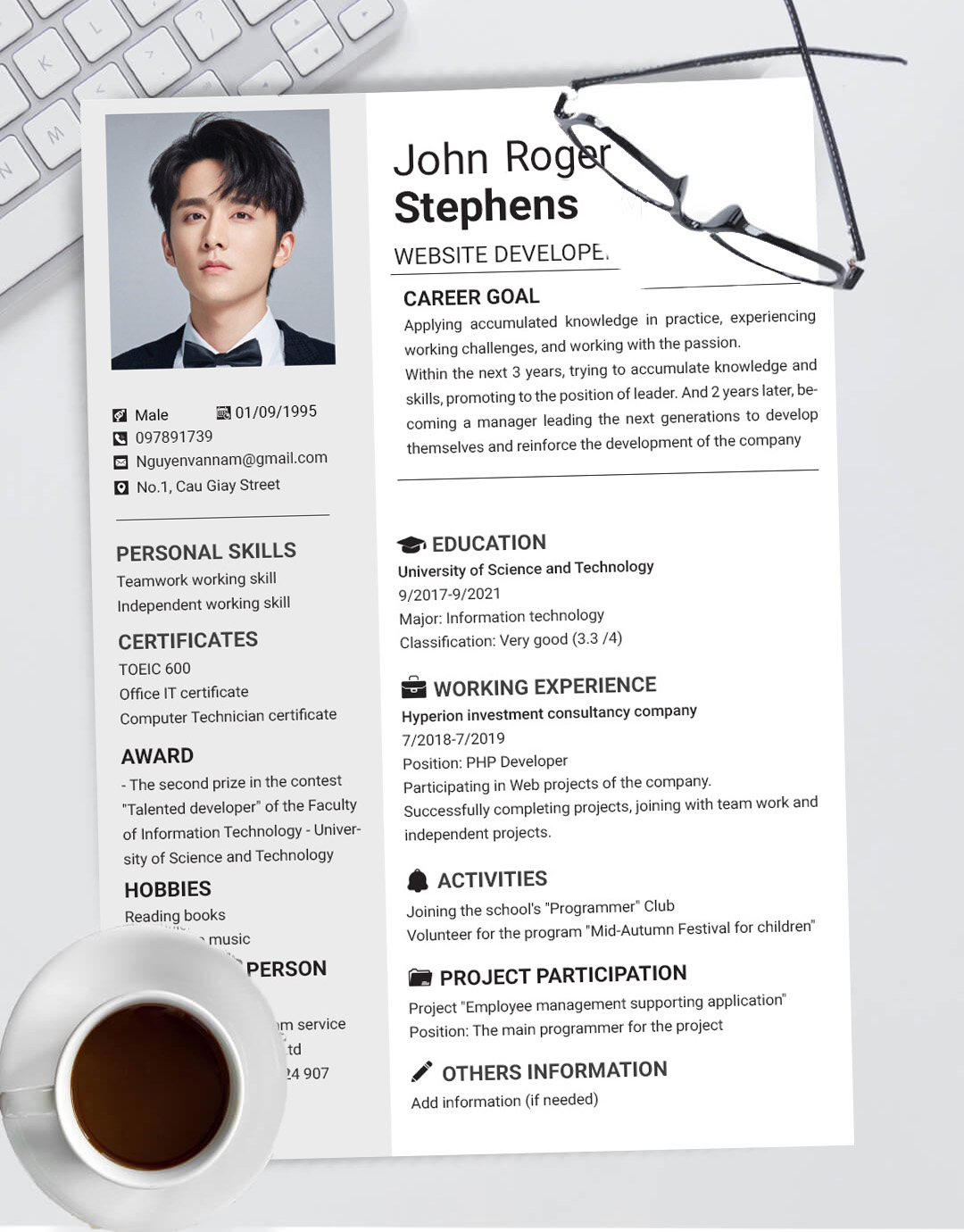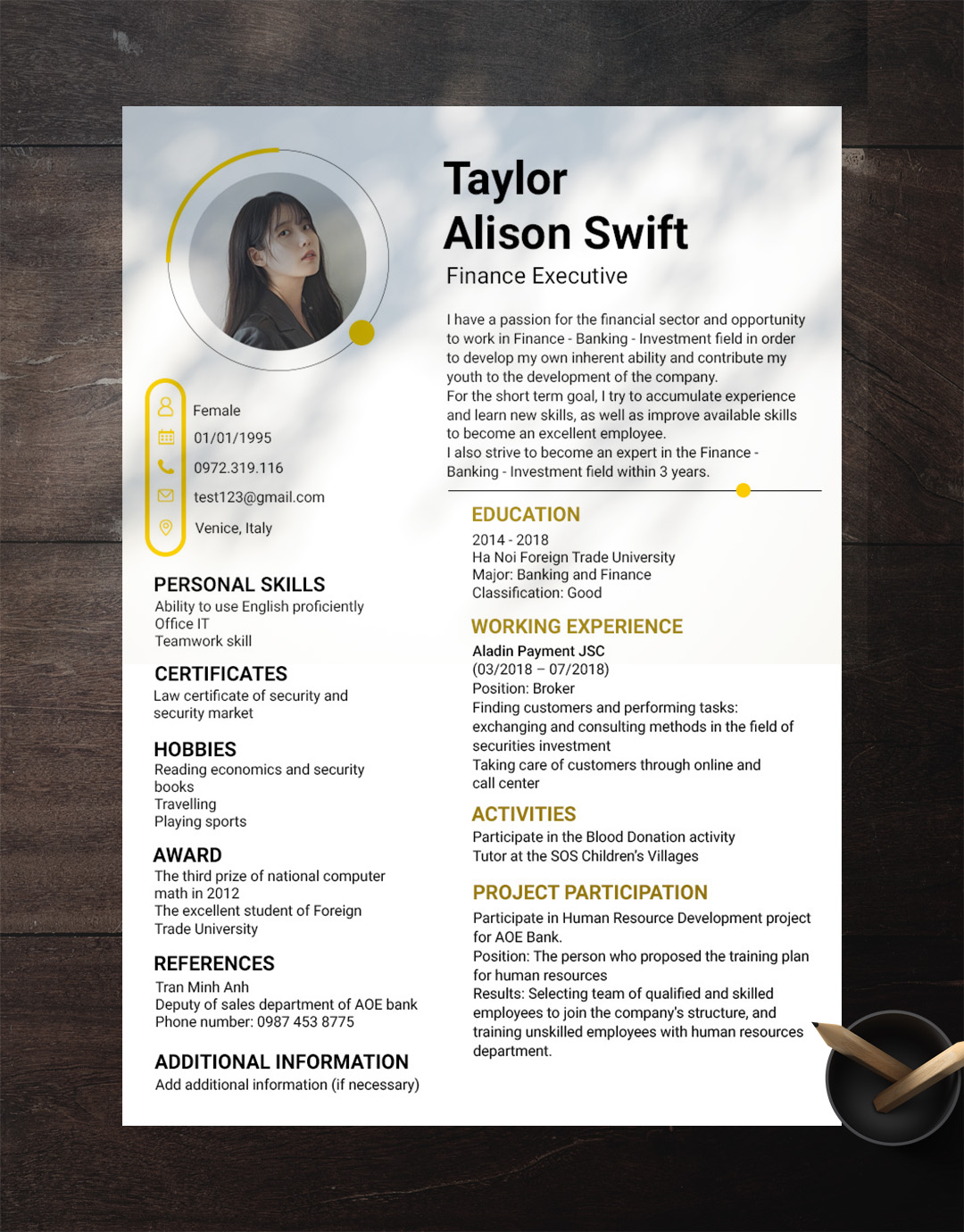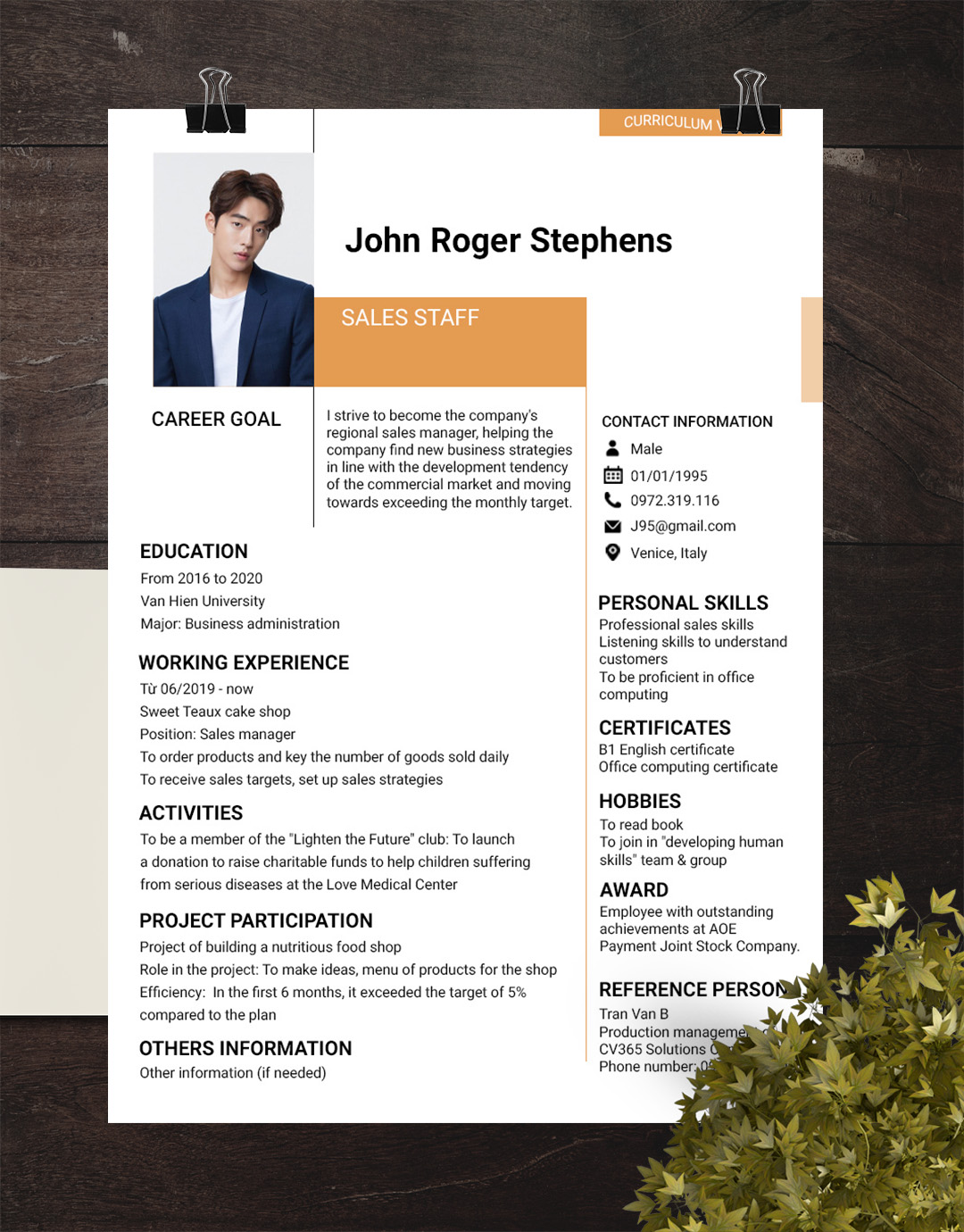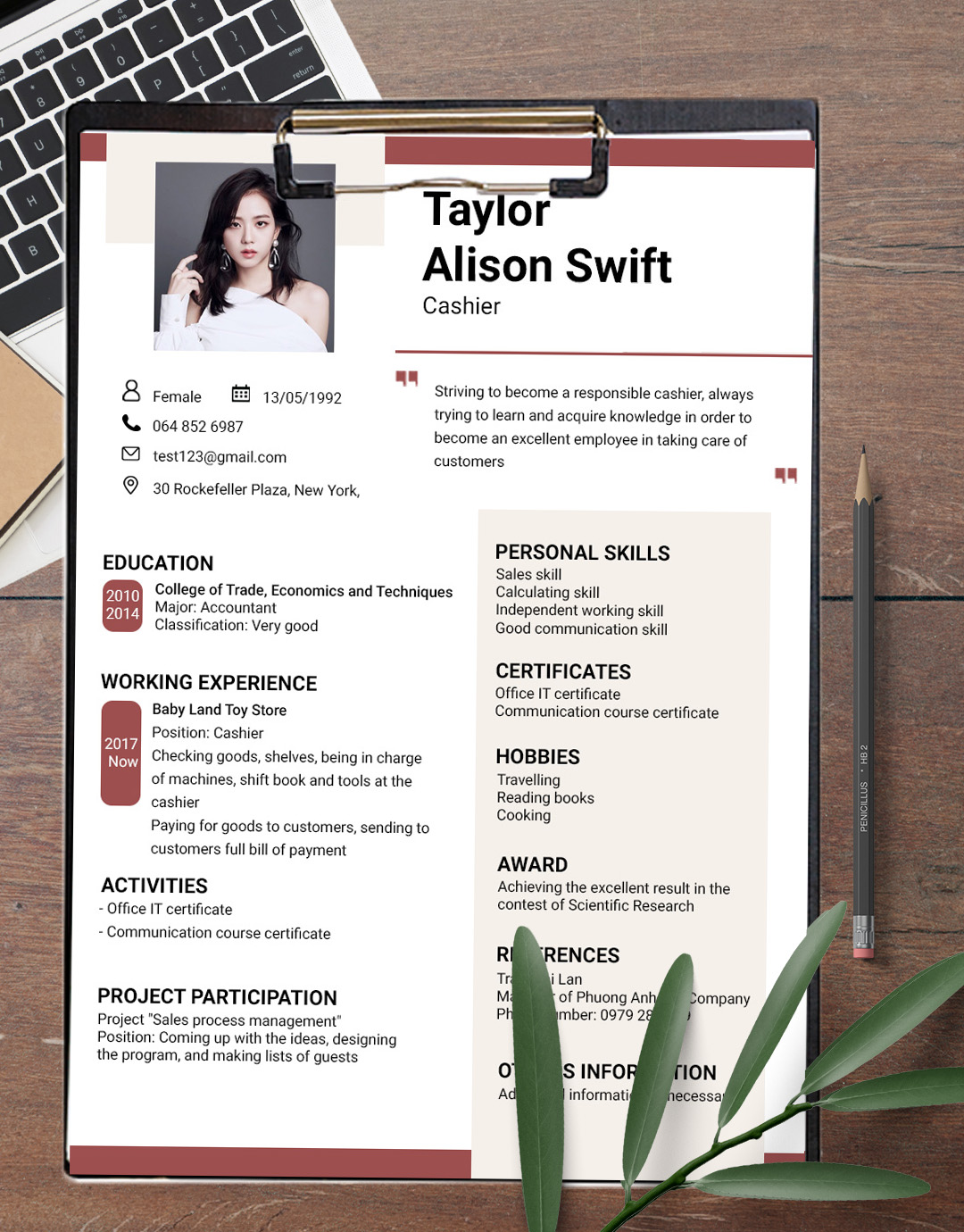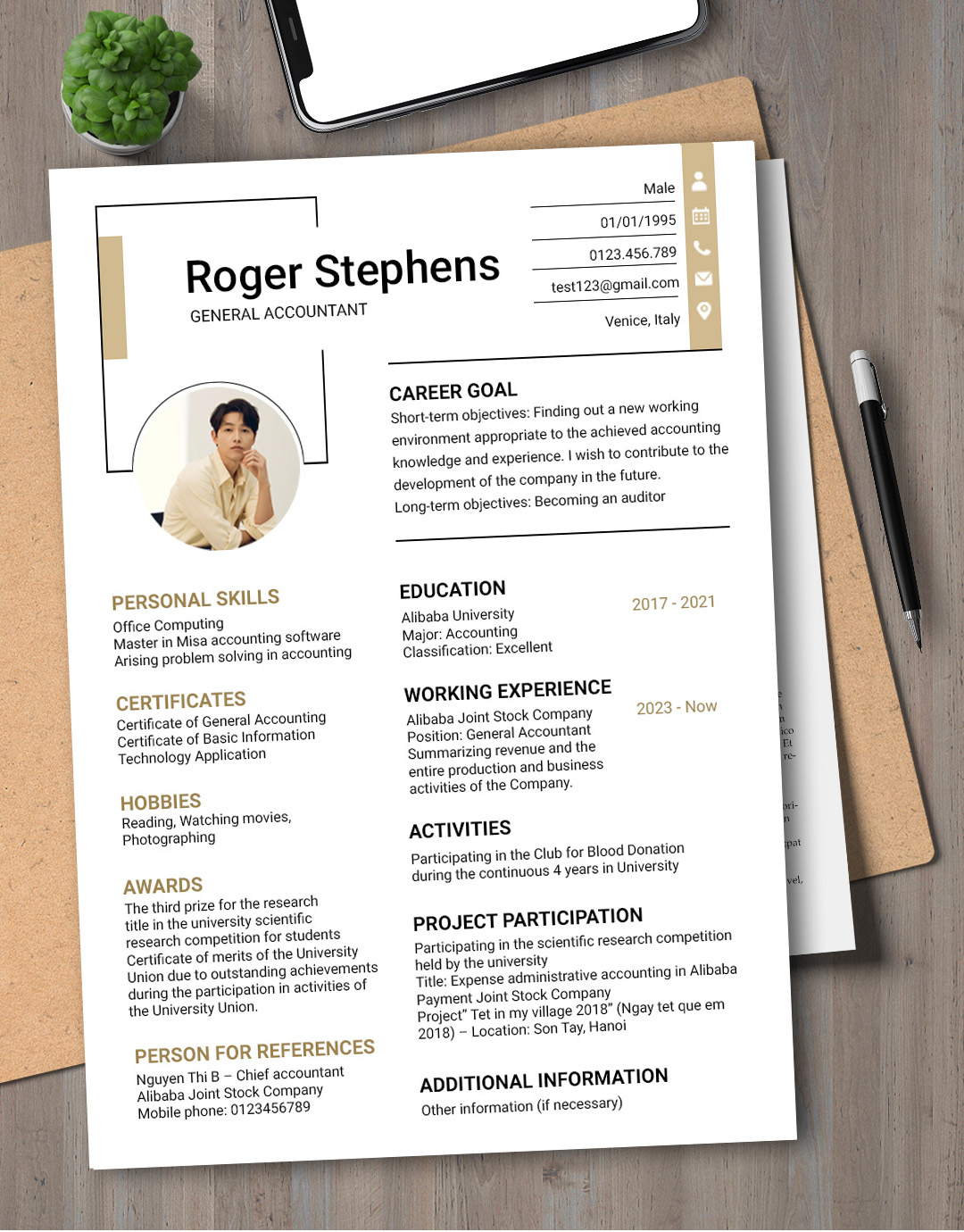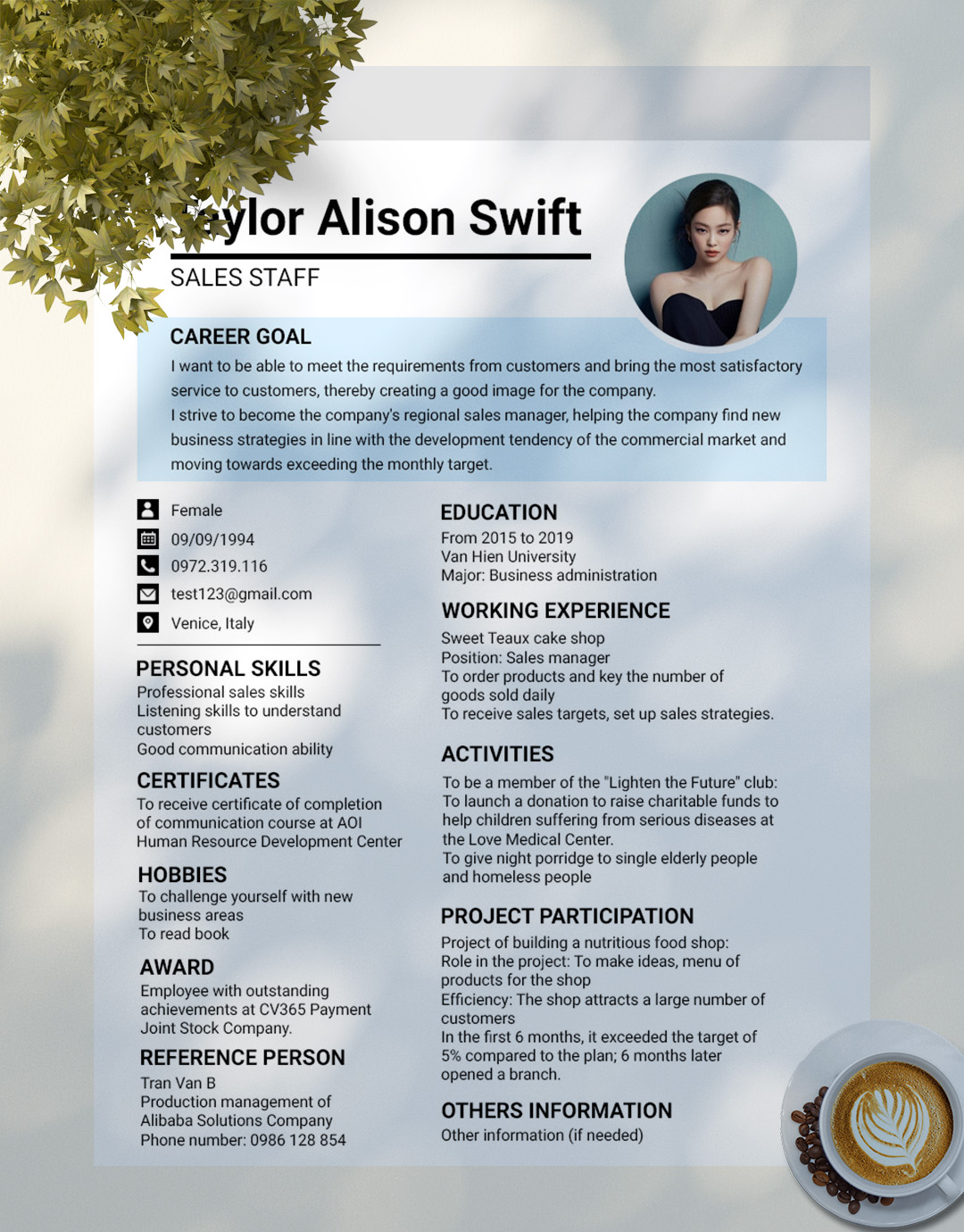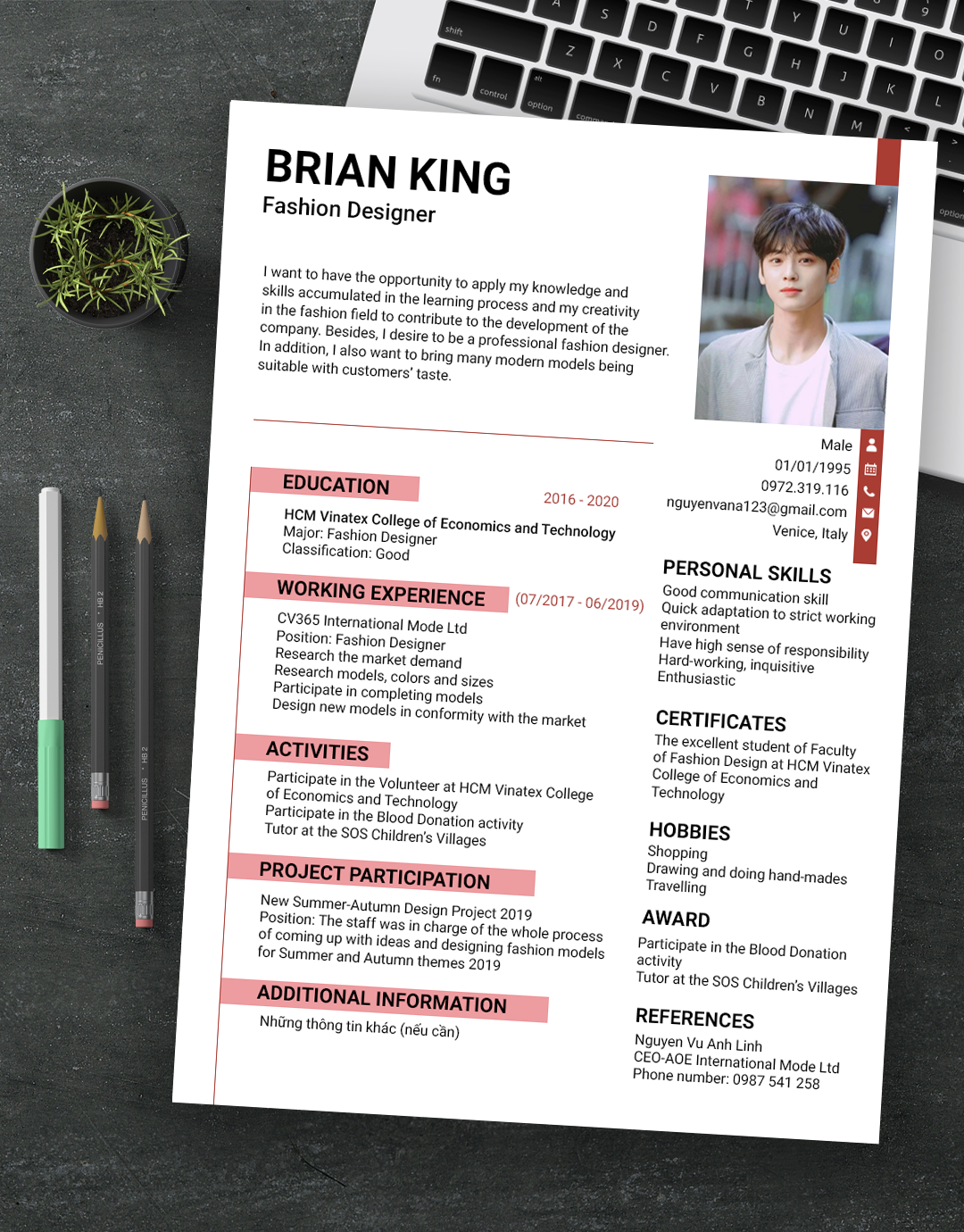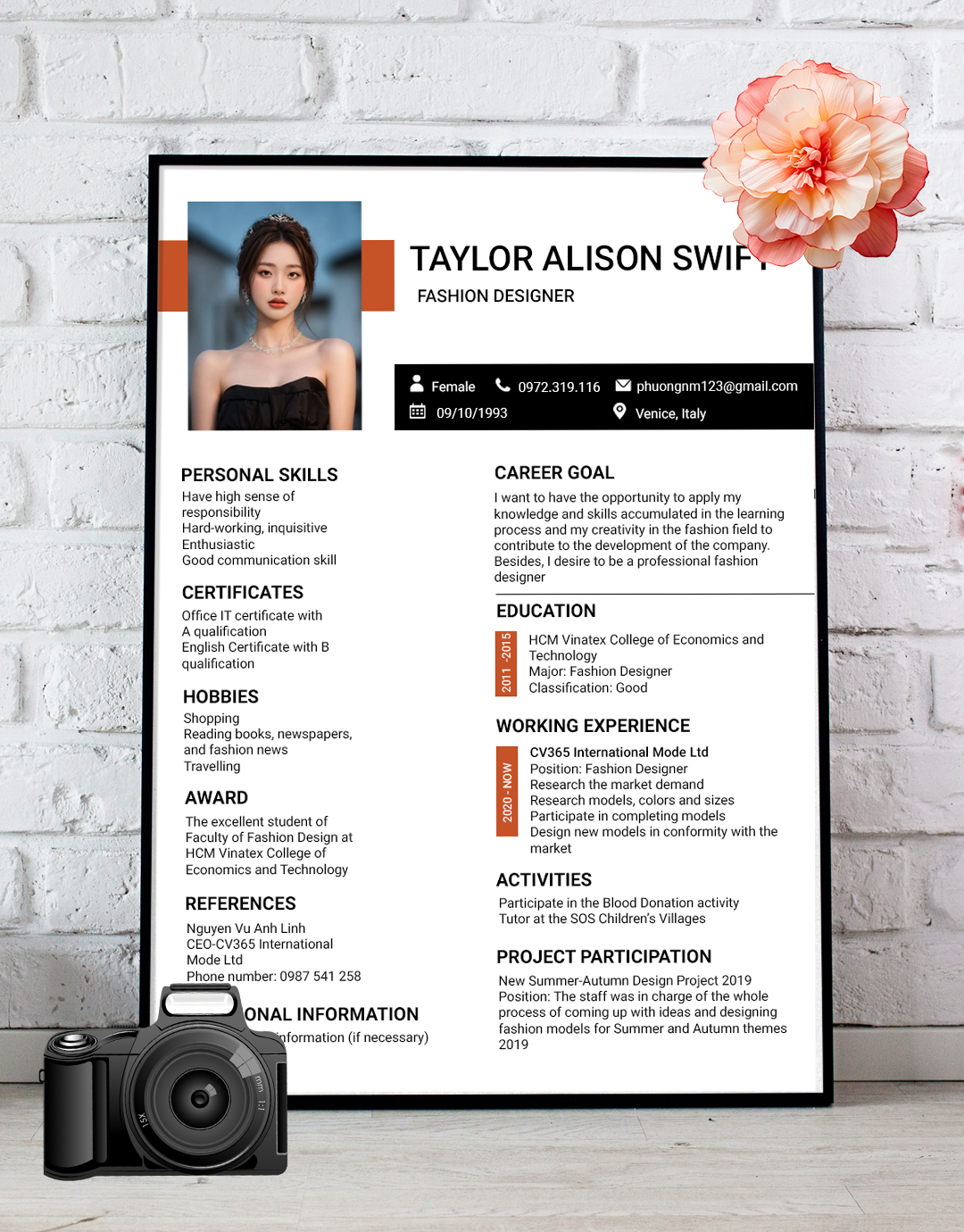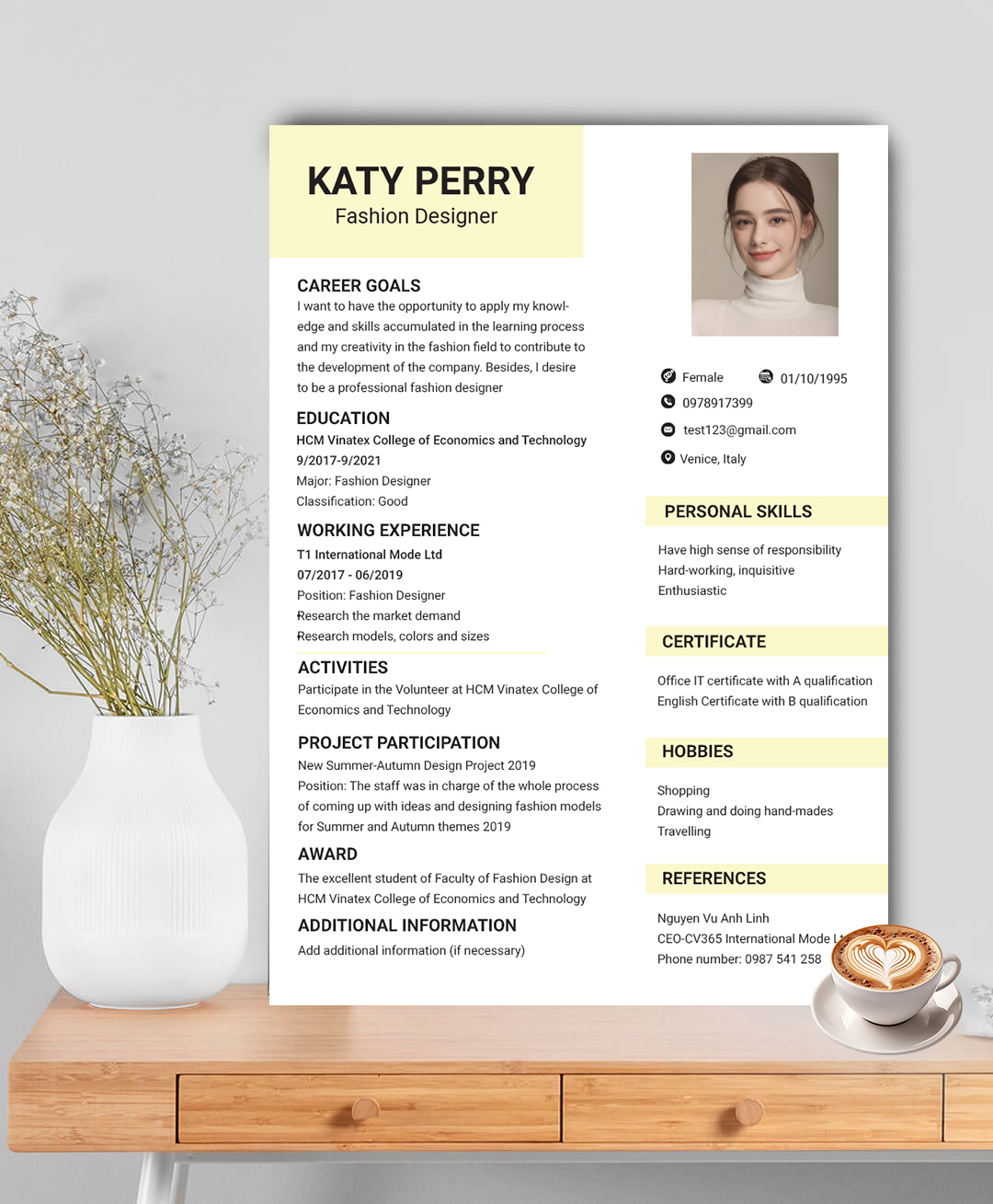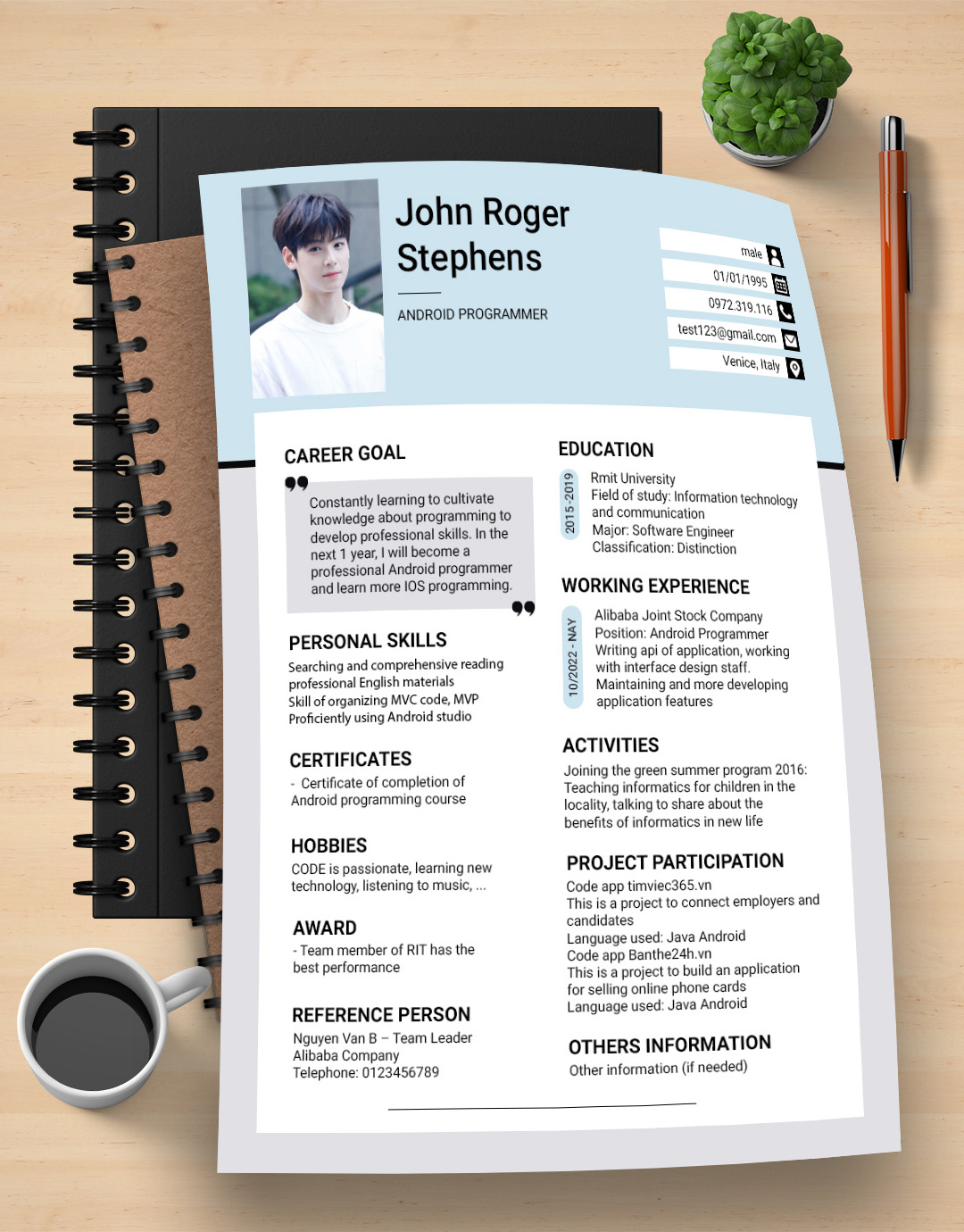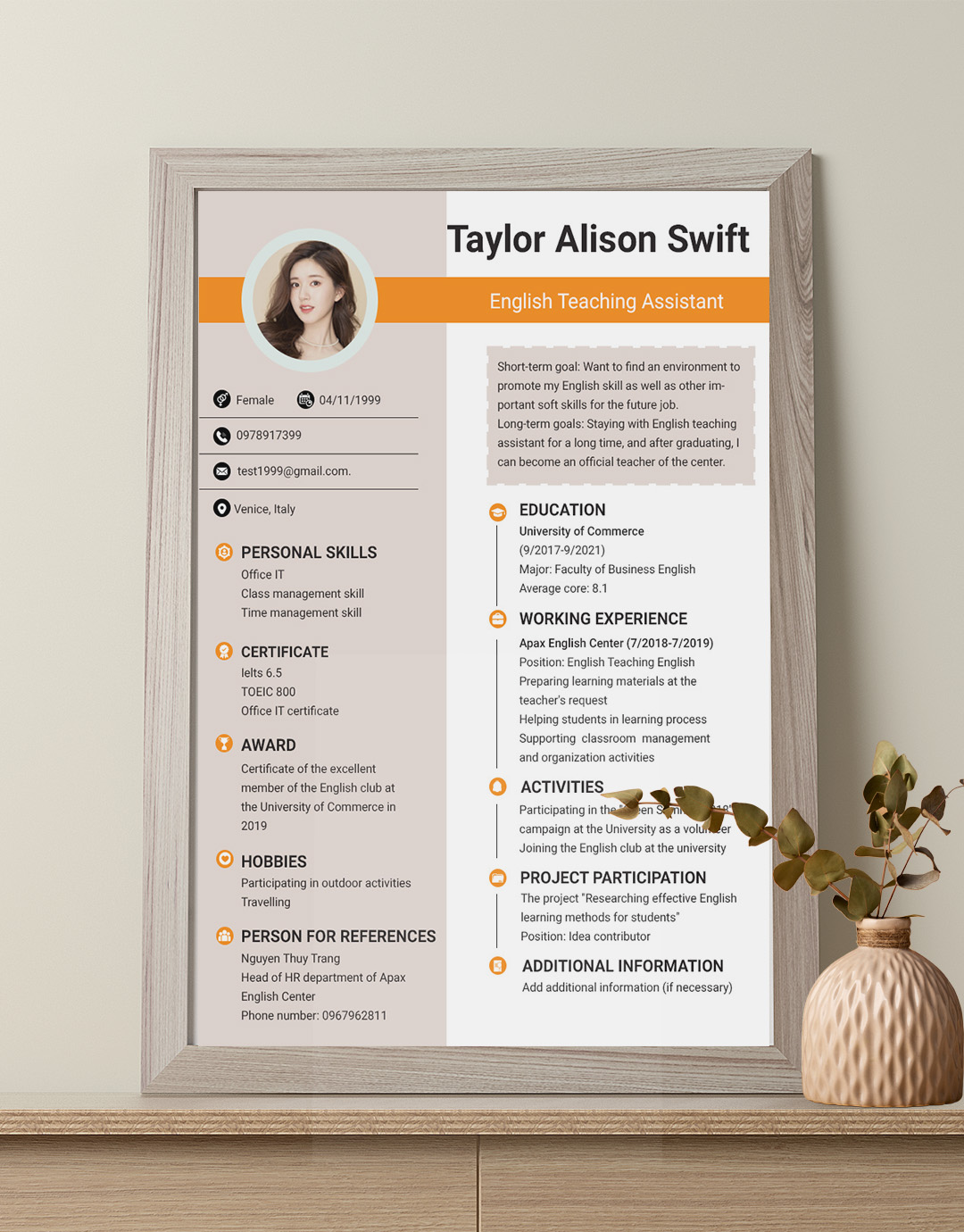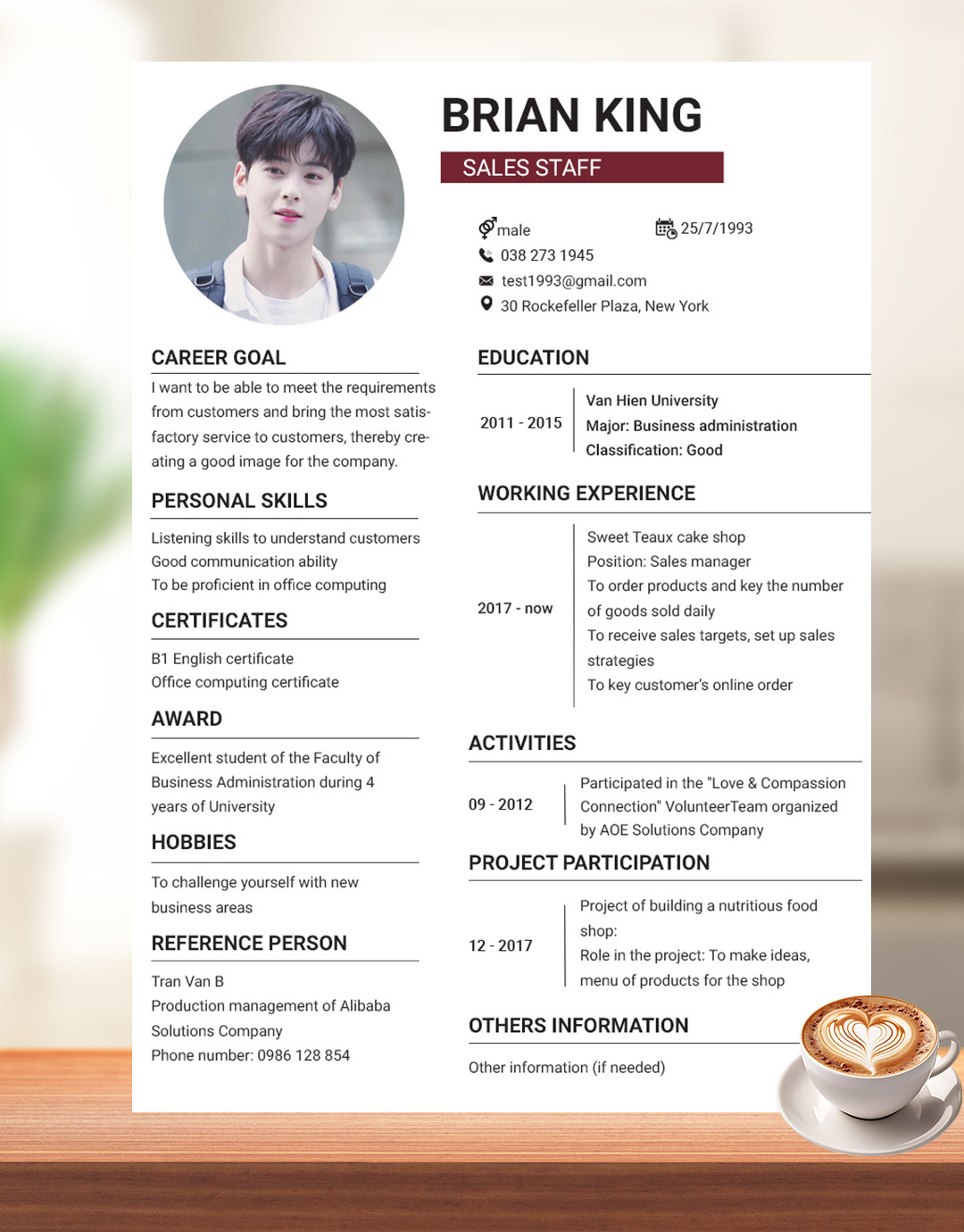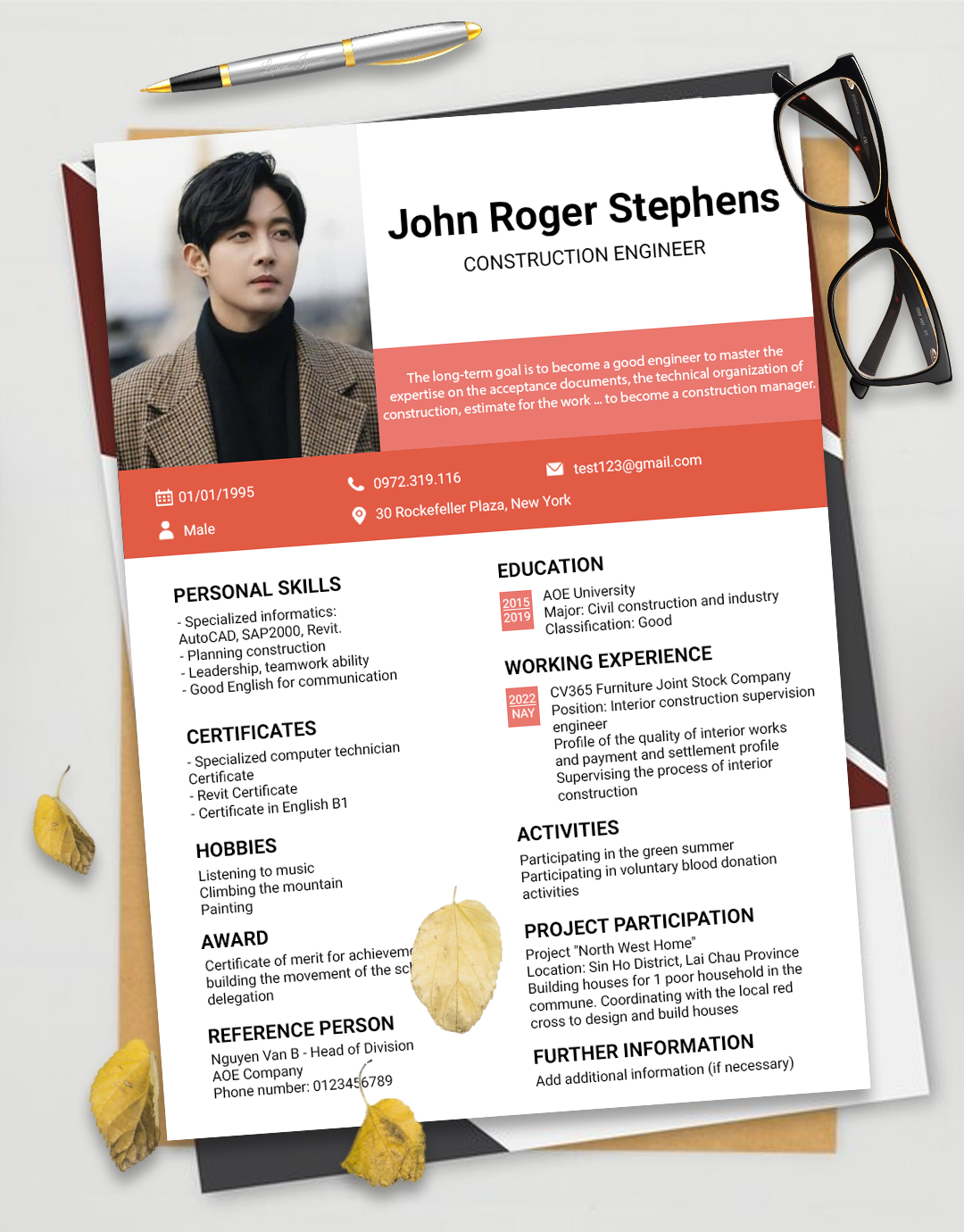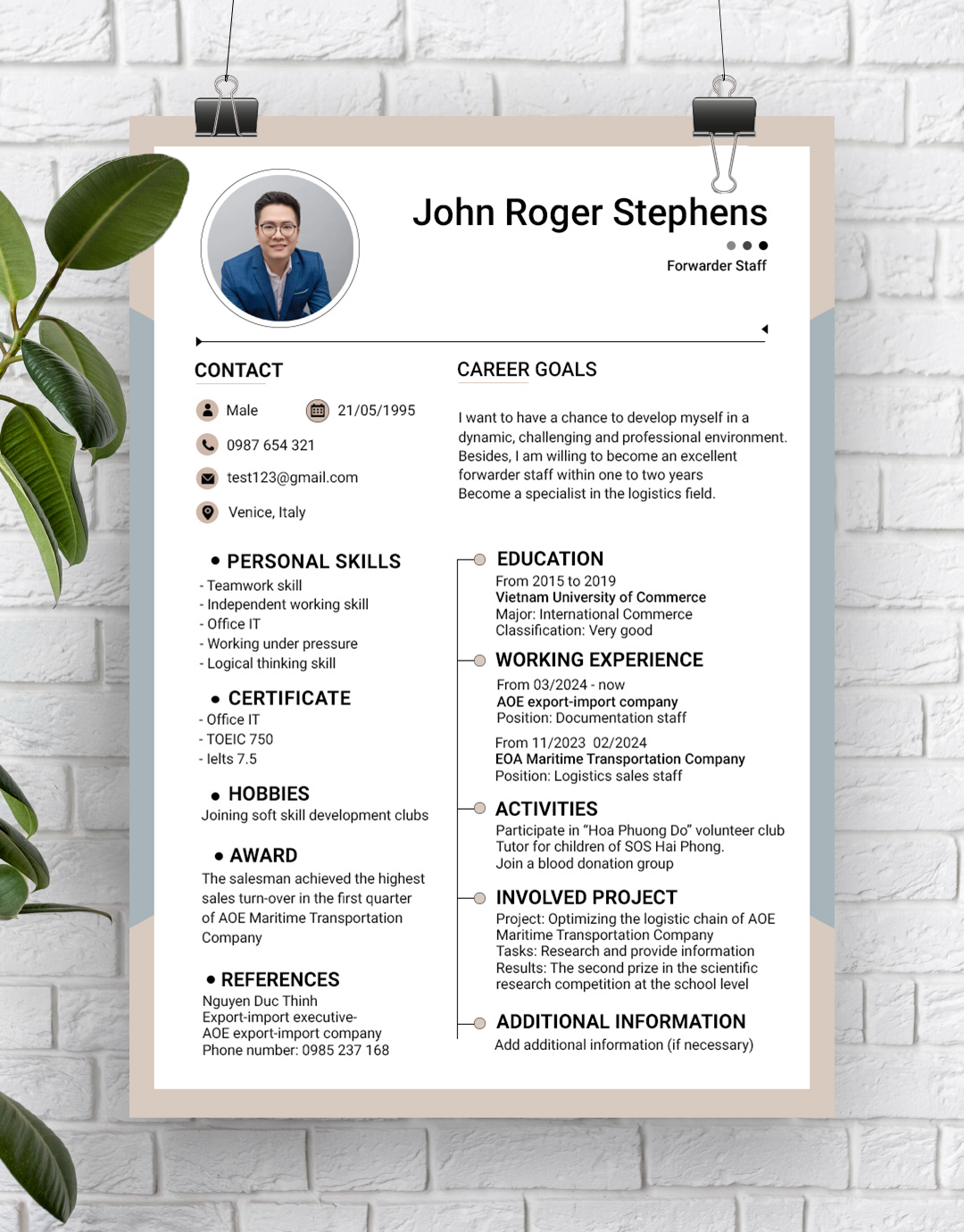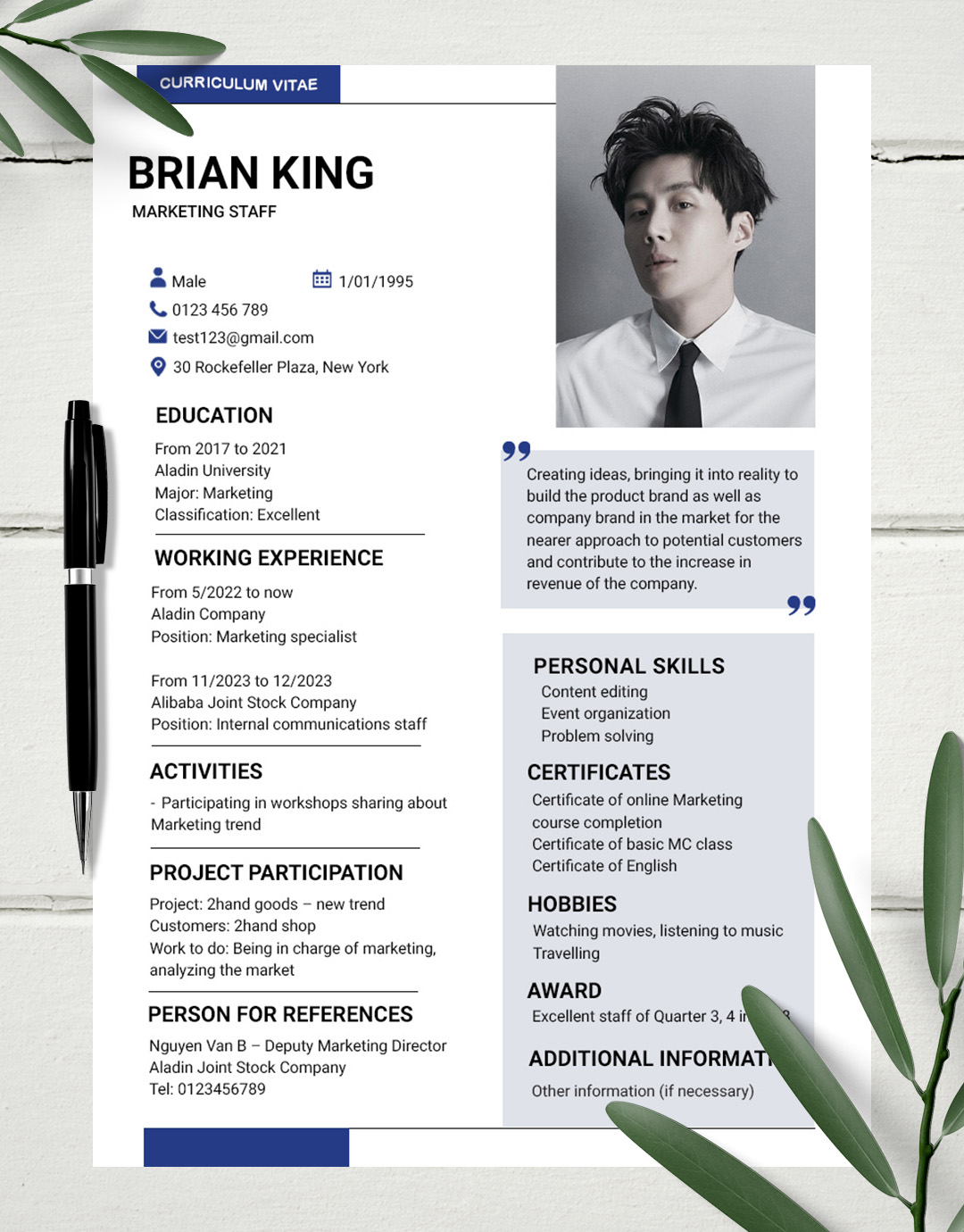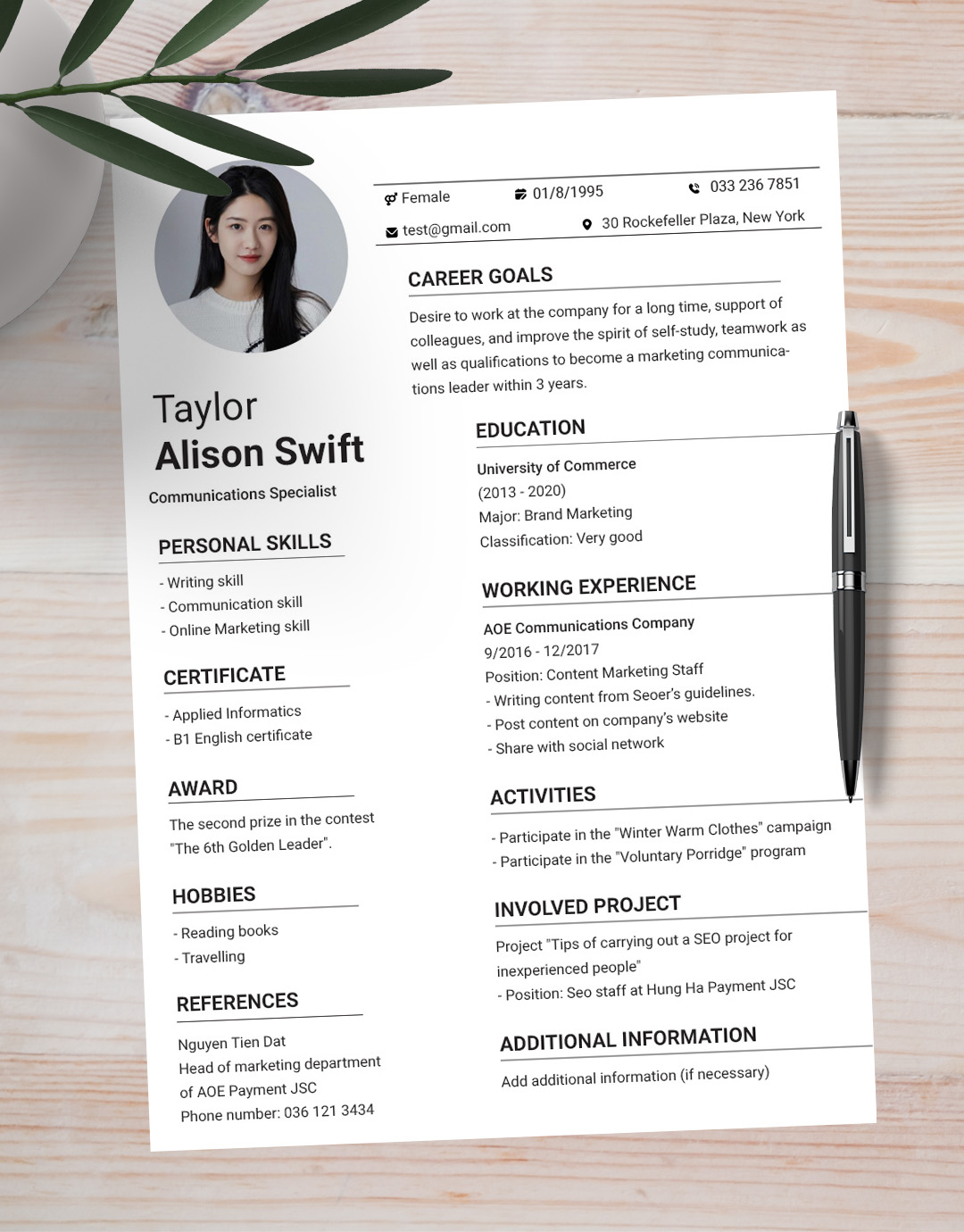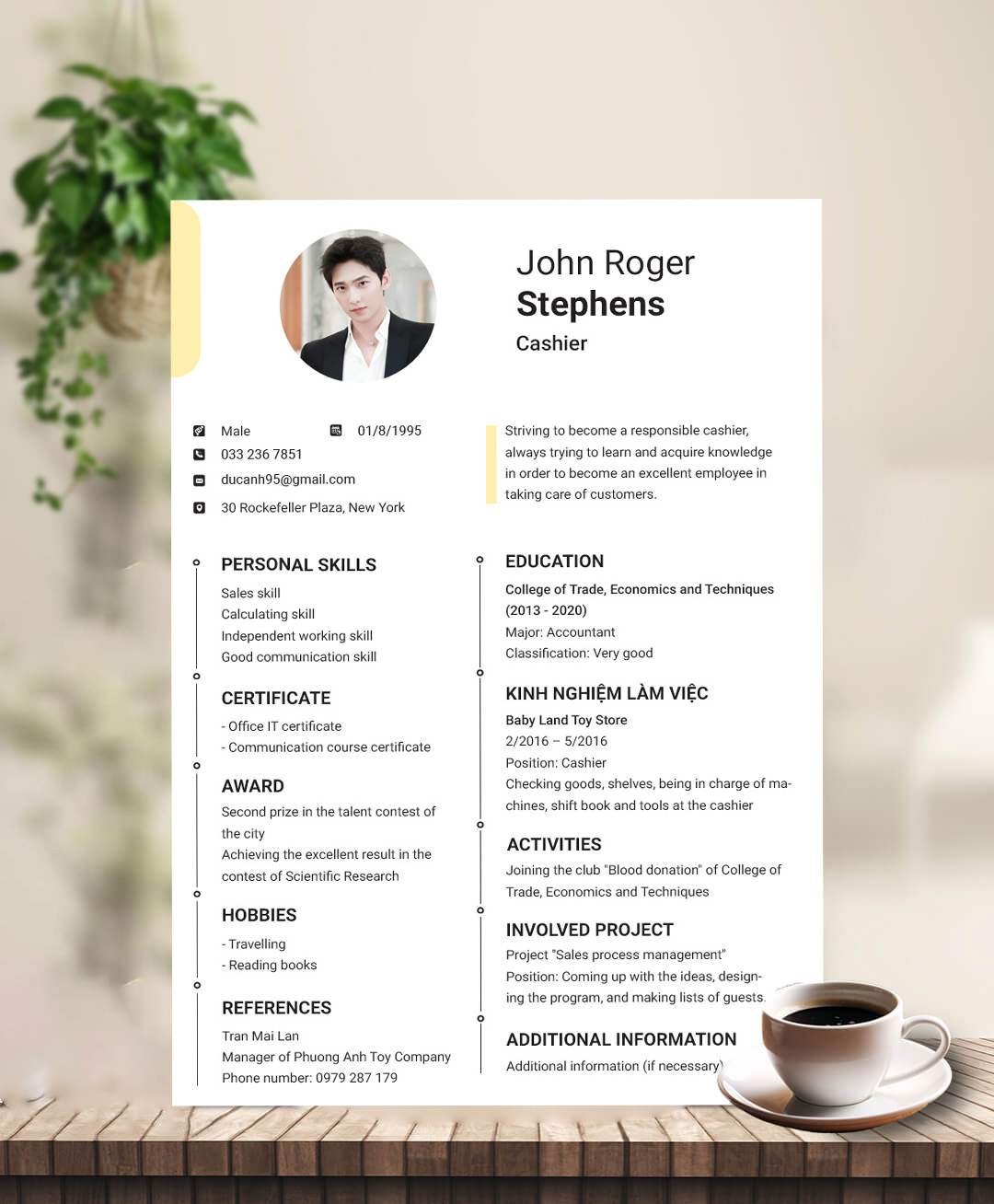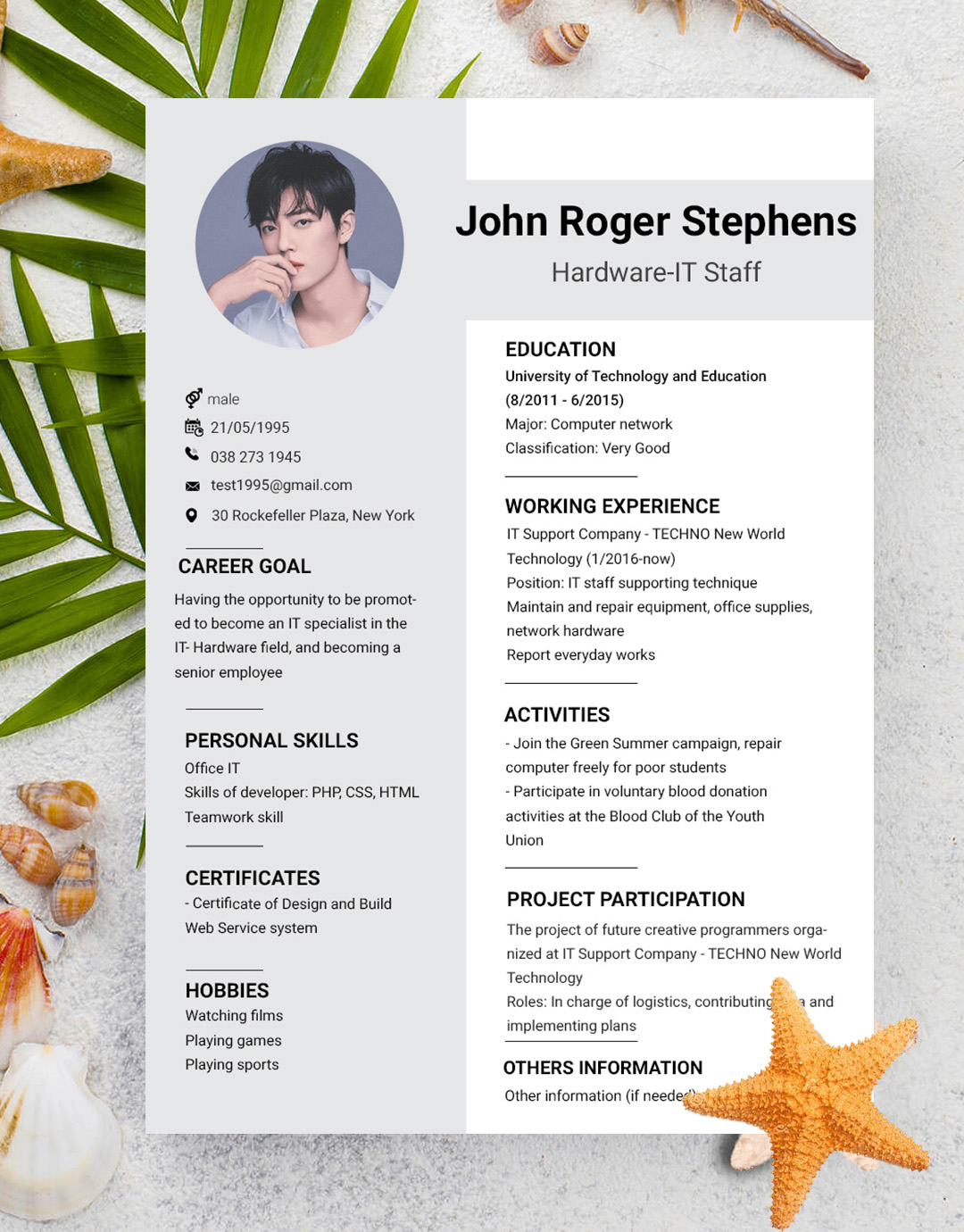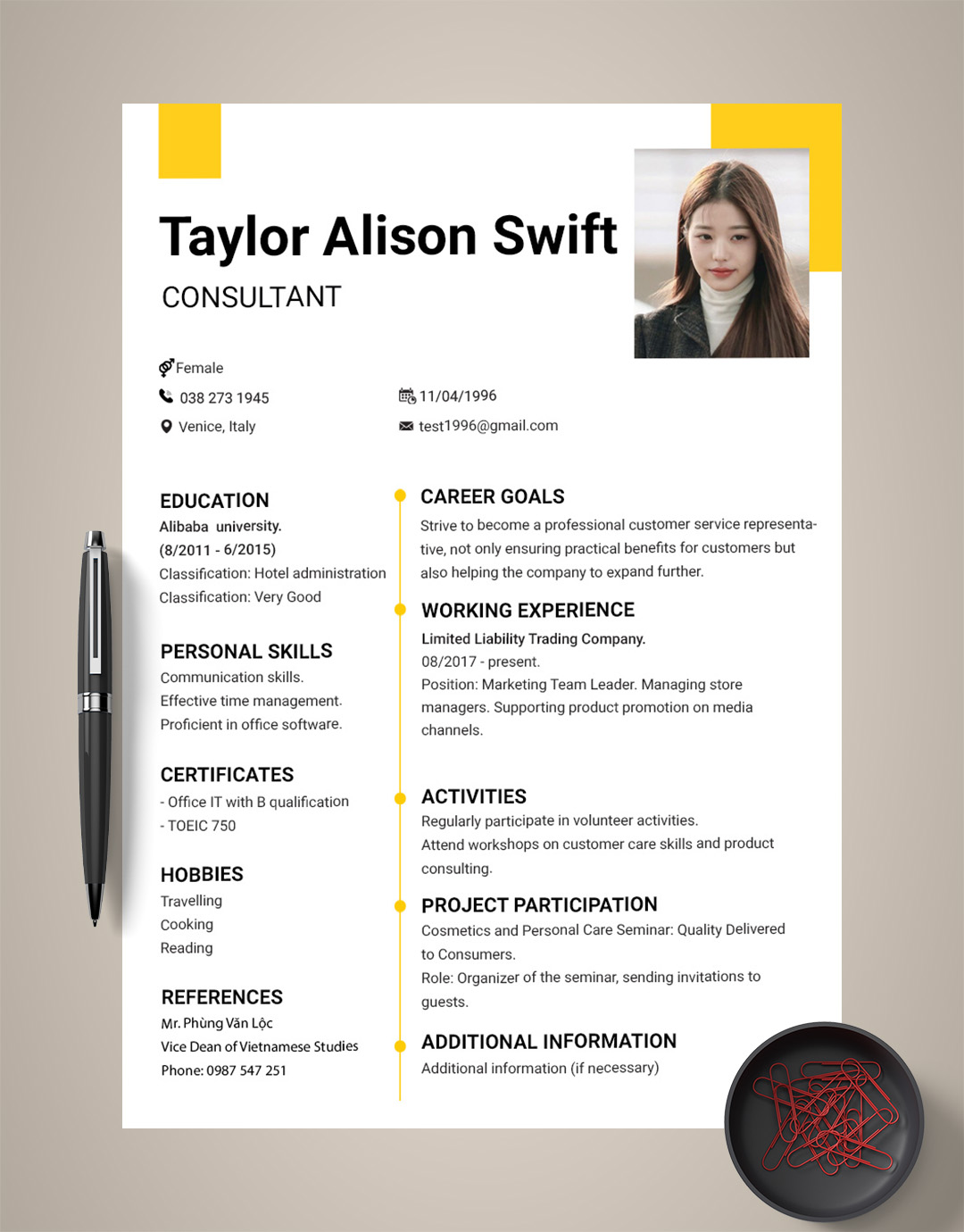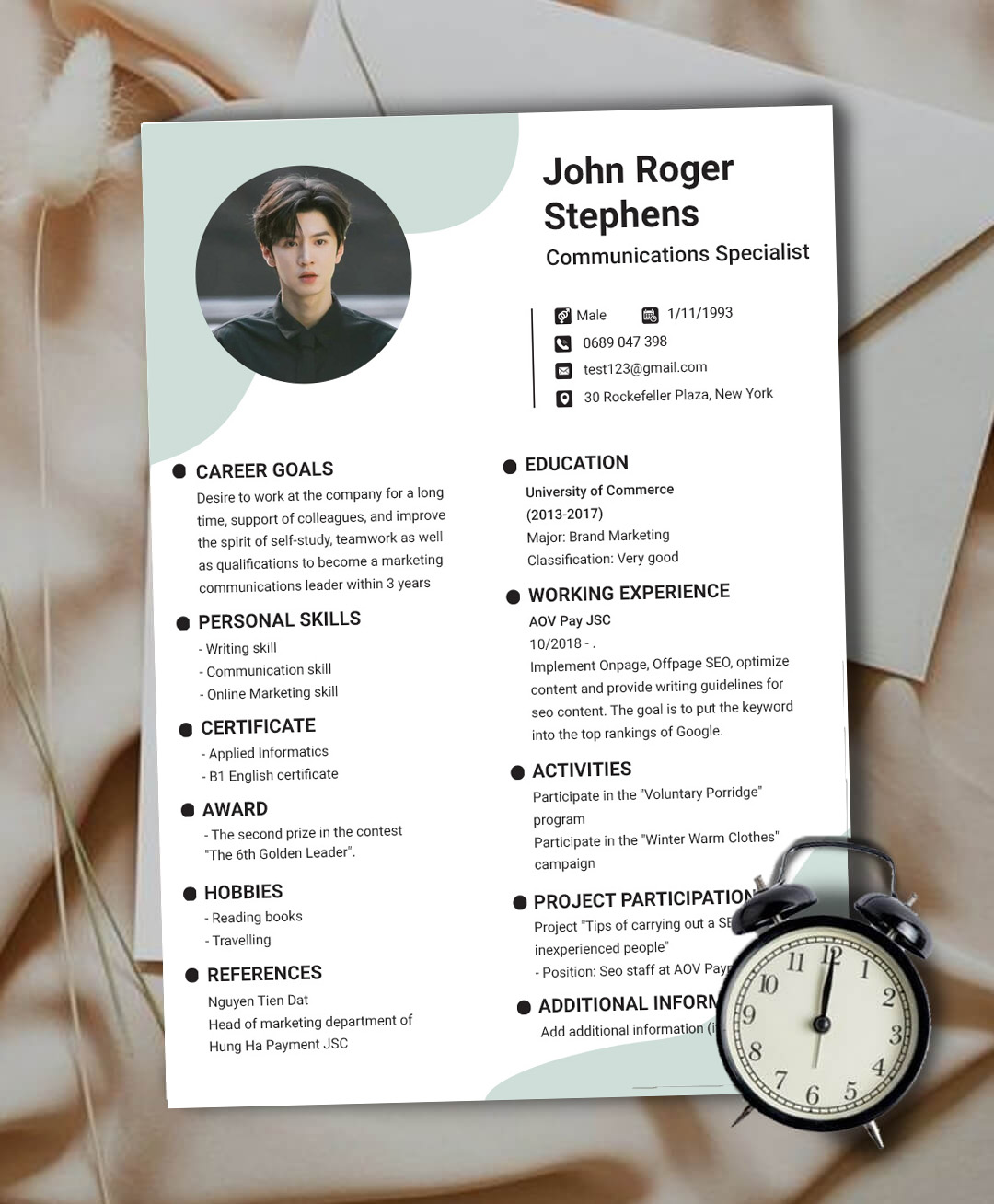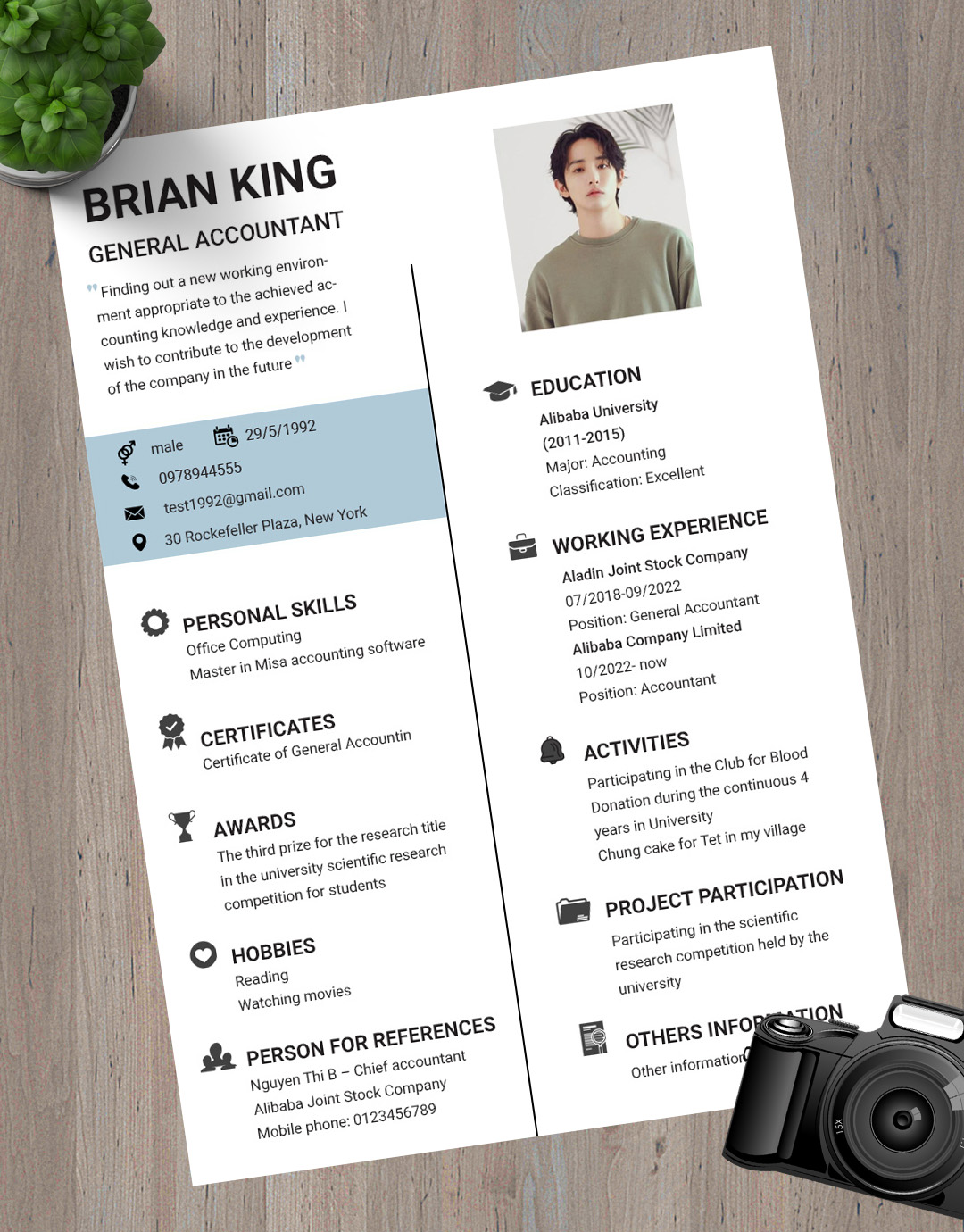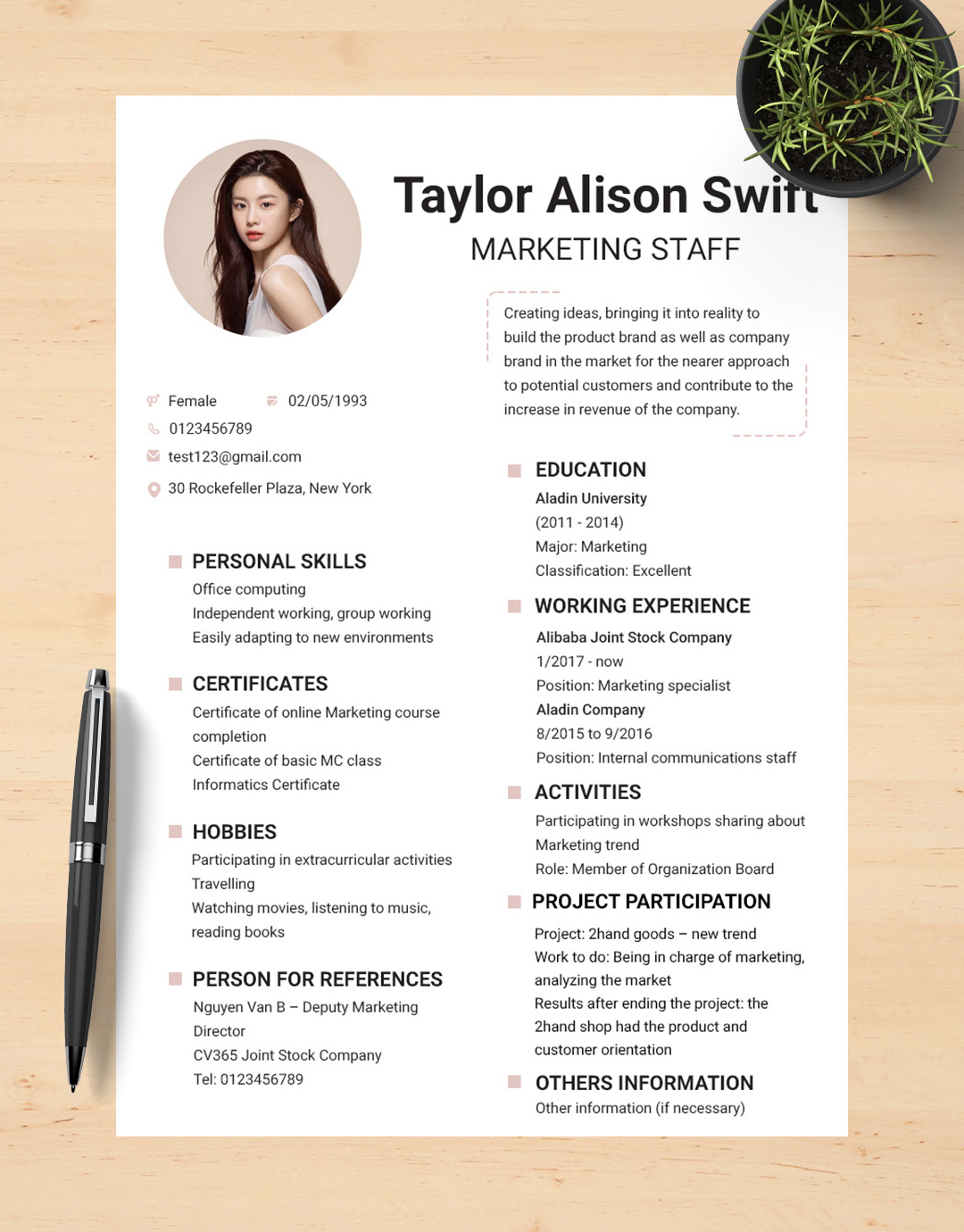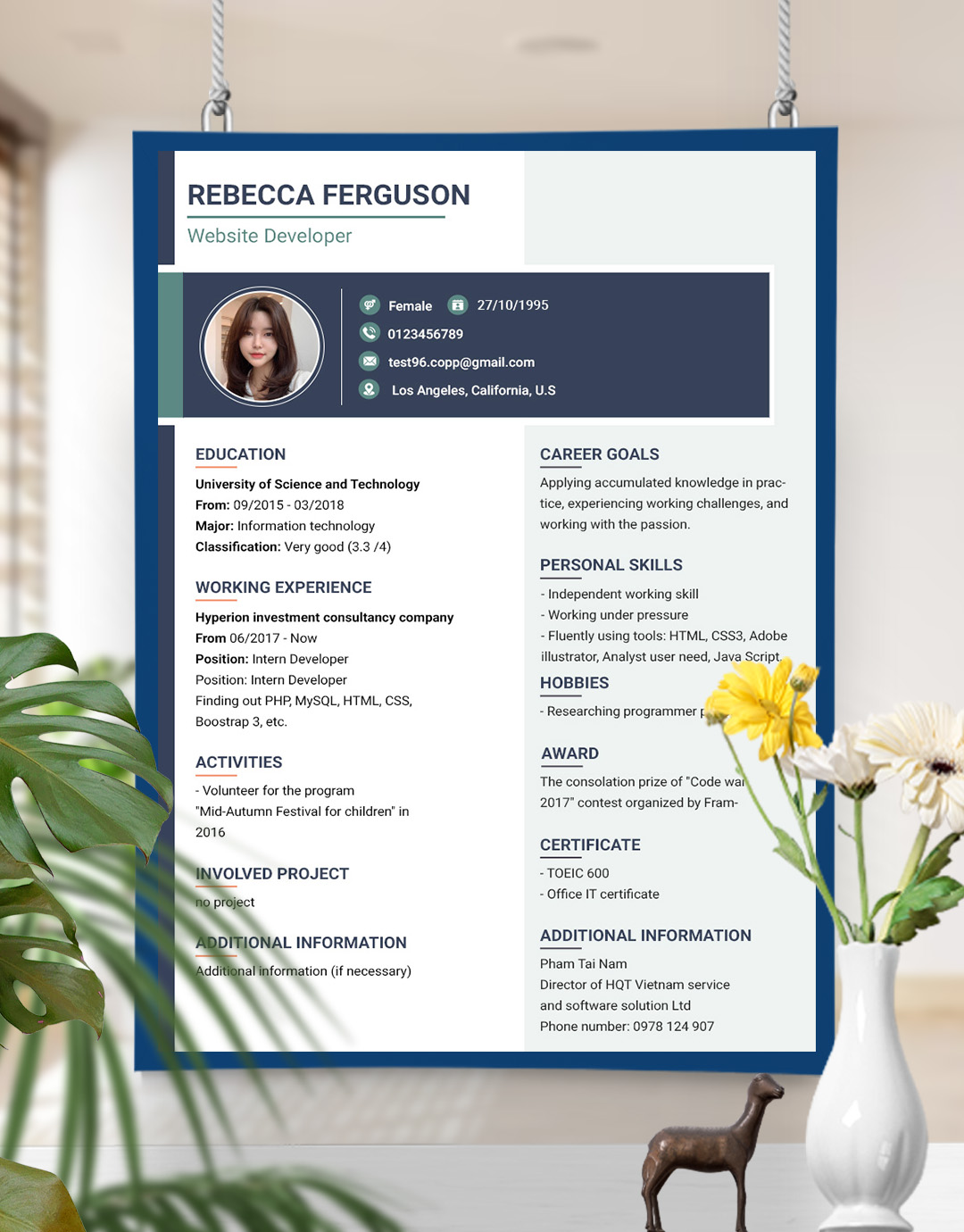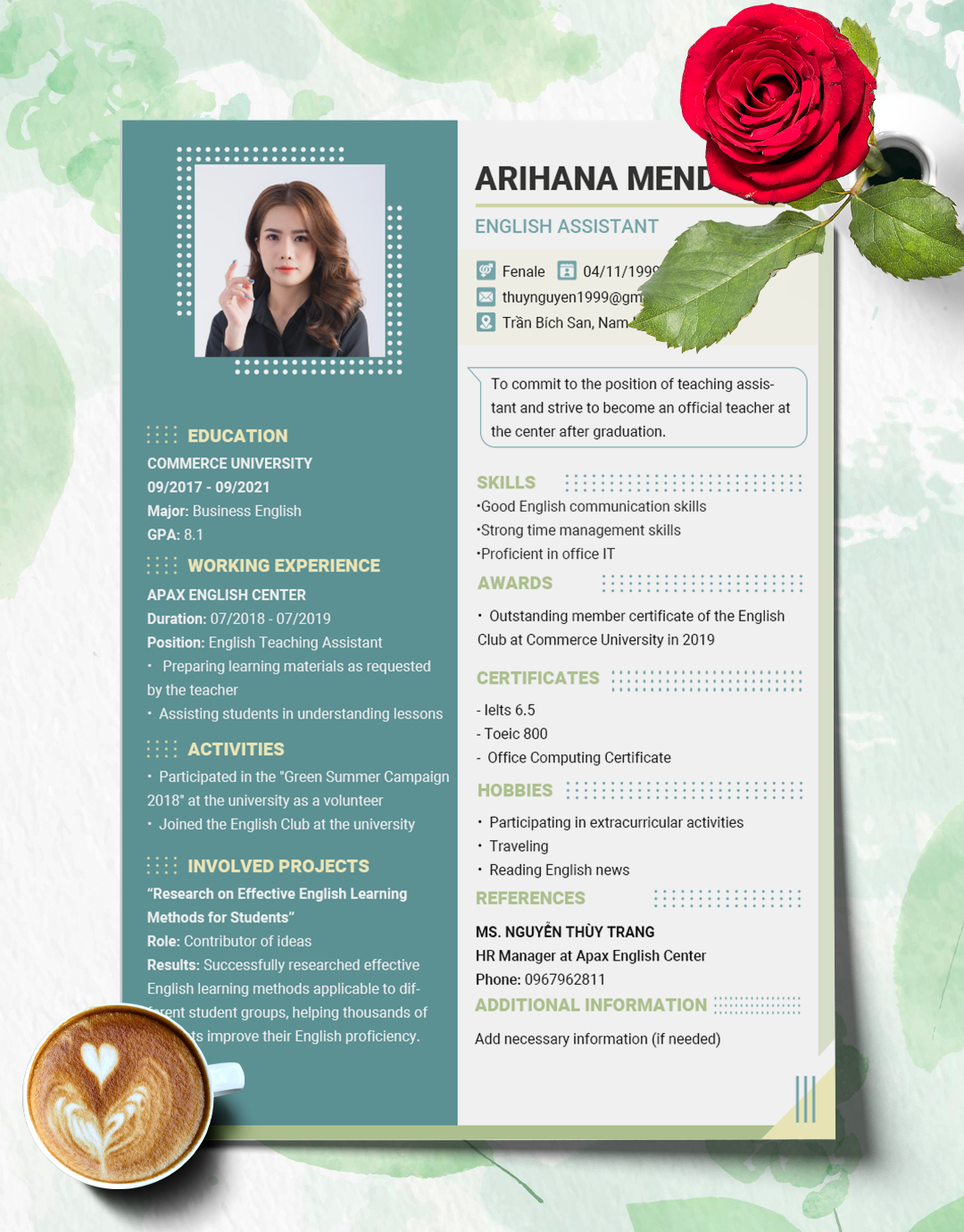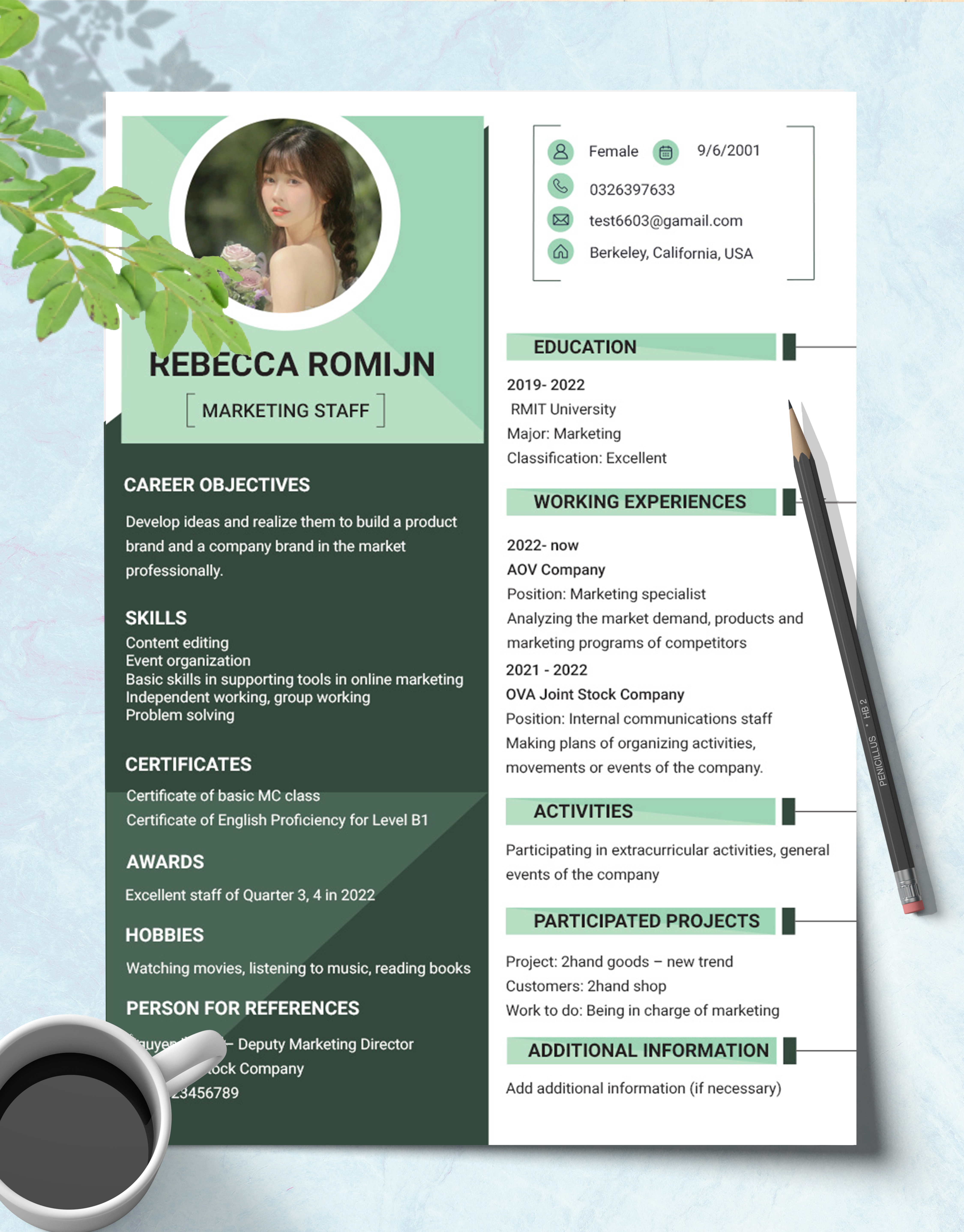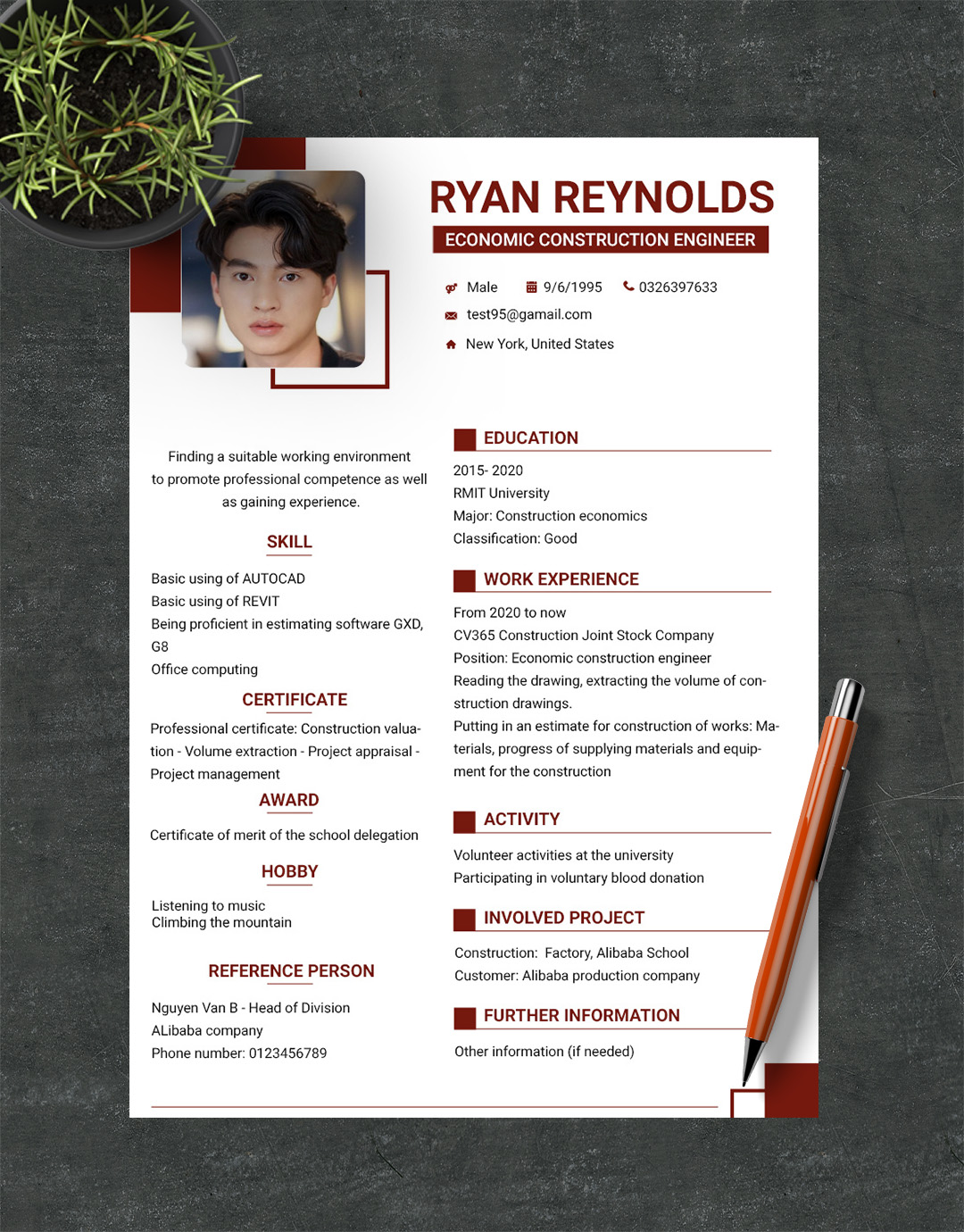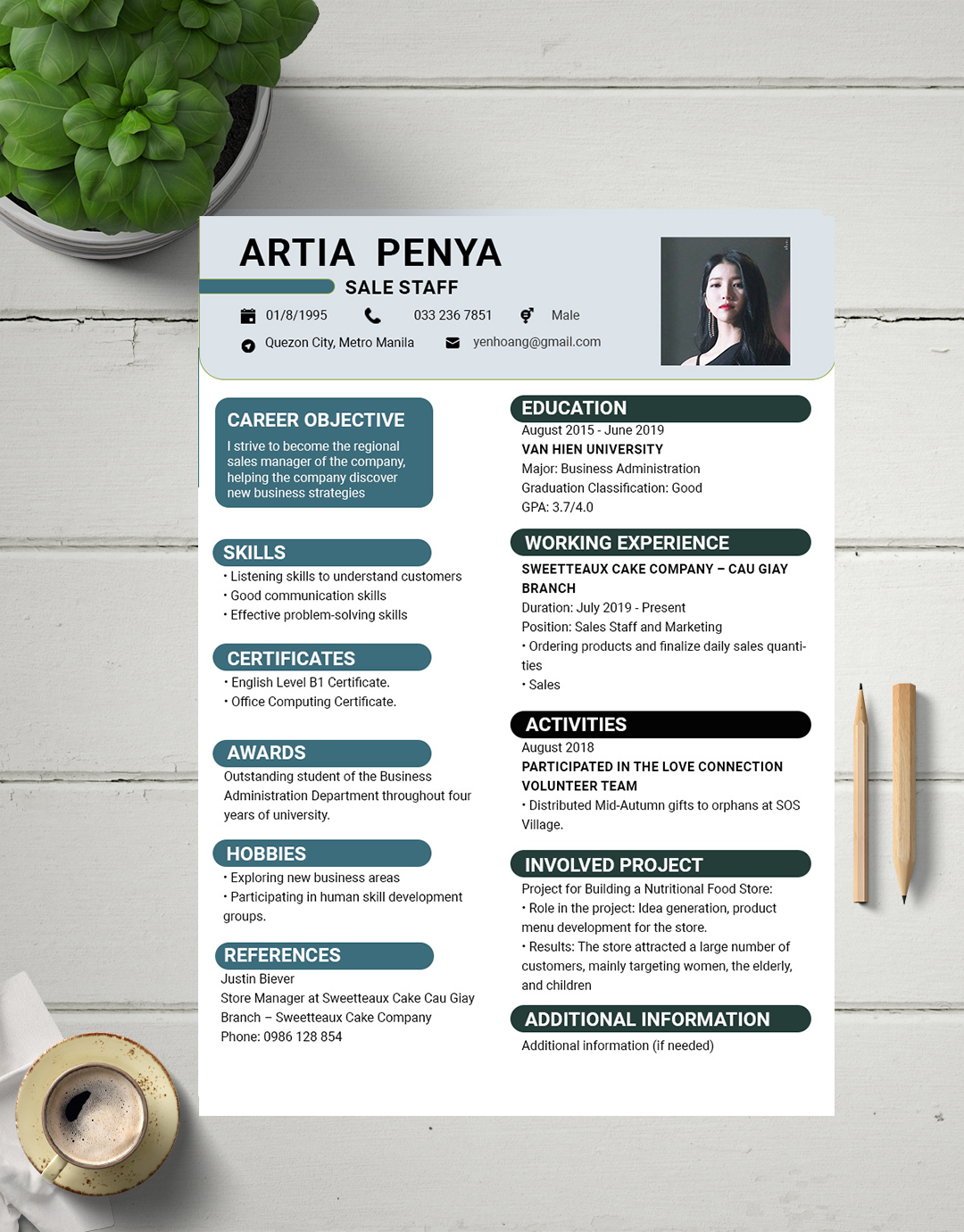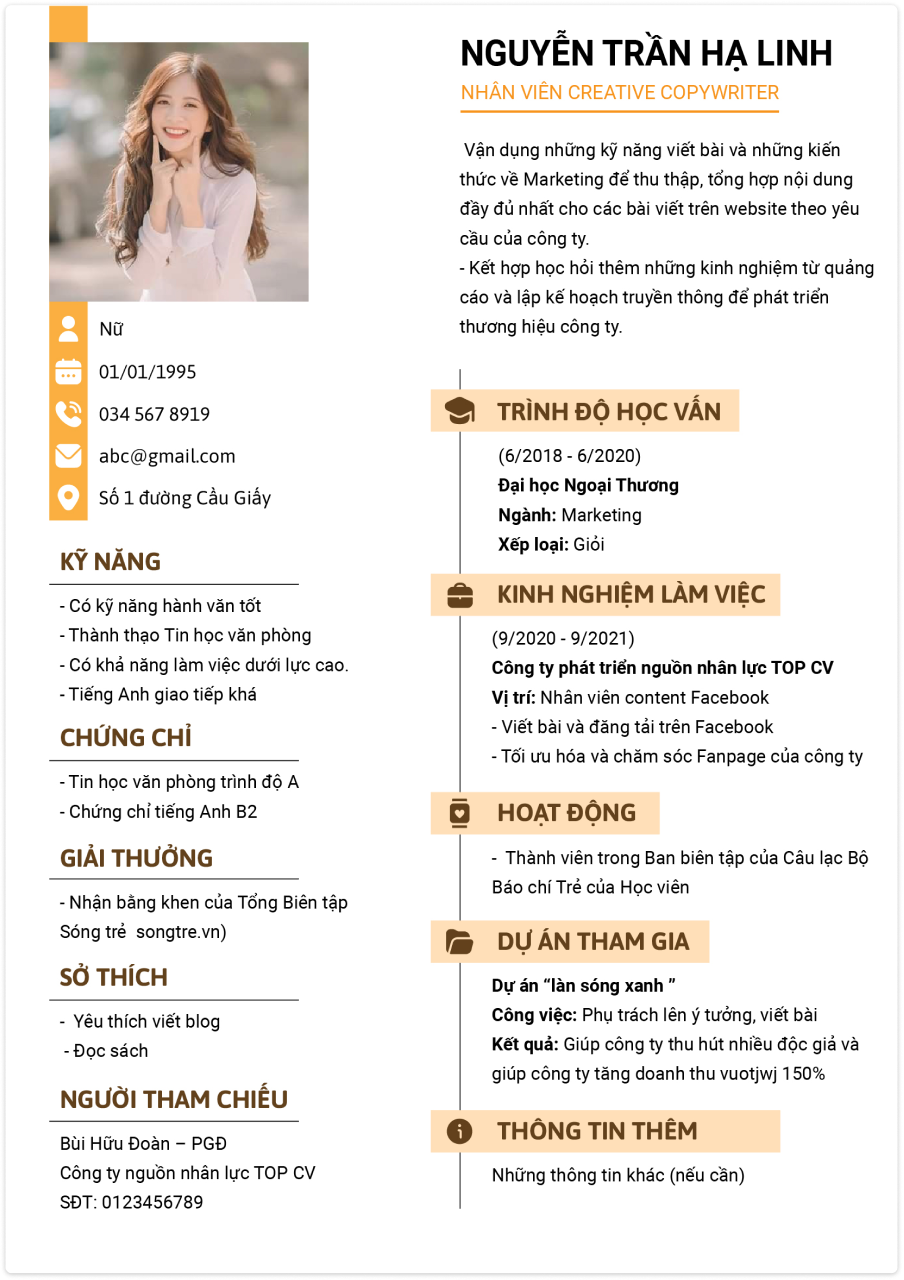1. Understanding the Basics of a CV
A curriculum vitae (CV), often referred to simply as a CV, is a detailed document that outlines a person’s educational background, work experience, achievements, and skills. Unlike a resume, which is typically shorter and targeted for a specific job, a CV provides a comprehensive overview of one’s academic and professional history. In many countries, including the Philippines, a CV is commonly used for academic, educational, and international job applications.
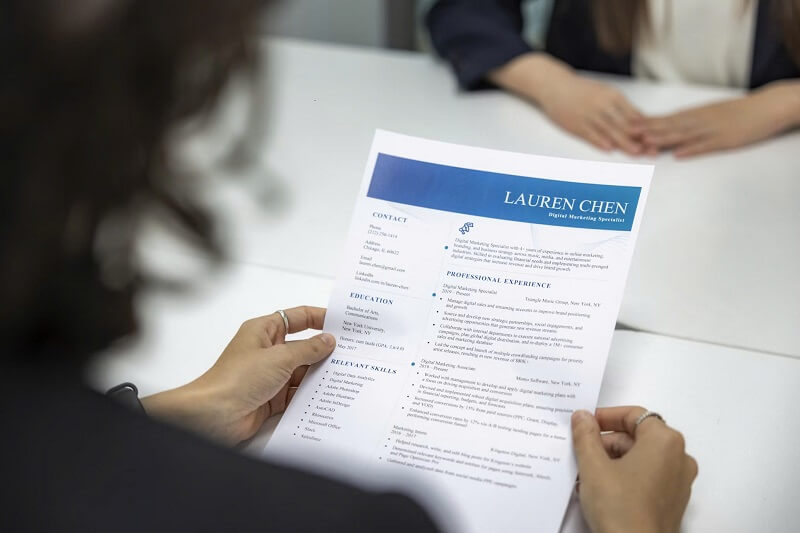
1.1. What is a CV and resume?
The terms "CV" and "resume" are often used interchangeably but they are not the same. While both documents aim to showcase an individual’s qualifications, the CV is usually longer and more detailed, especially suited for academic and research positions. A resume, on the other hand, is a concise summary focused on the most relevant job experiences and skills tailored for the specific job application.
1.2. CV Writing Essentials
Creating a well-organized CV requires attention to detail and a structured format. Each section of a CV should be clear and concise, providing the most relevant information about the candidate. From listing educational qualifications in reverse chronological order to including professional skills and achievements, a CV needs to be crafted carefully to make a strong first impression on recruiters.
2. Key Components of a CV
A well-crafted CV has several essential components that work together to provide a complete picture of the candidate’s background, skills, and achievements. Understanding these components can help job seekers create a CV that stands out to employers.
2.1. Personal Information and Contact Details

At the top of your CV, include your full name, contact number, and professional email address. In the Philippines and many other countries, a CV may also include optional information like a photograph or details about nationality. However, be cautious and research the preferences in your field or region, as including a photo can sometimes be seen as unprofessional or lead to biases.
2.2. Professional Summary or Objective Statement
A professional summary is a concise overview of your experience, skills, and career goals. For experienced job seekers, a professional summary may highlight major accomplishments and areas of expertise. For those just starting their career, an objective statement can clarify career aspirations and show enthusiasm for the field.
2.3. Educational Background
This section is particularly important for recent graduates or those applying for academic positions. List your educational qualifications in reverse chronological order, including your degree, the institution’s name, and graduation date. Mention any honors, awards, or relevant coursework that might be useful for the role you’re targeting.
2.4. Skills
List the skills that are most relevant to the job you’re applying for. These can include technical skills, such as proficiency in specific software, and soft skills like communication or teamwork. Examples include:
- Proficient in using Word and Excel
- Good English communication skills
2.5. Awards
If you have received any awards or recognition, include them in this section. Highlighting your achievements can help differentiate you from other candidates. Examples might include:
Active member of the University Student Leadership Council
Volunteer at the Red Cross Philippines
2.6. Certificates
List any certifications you have that are relevant to the job. These may include language proficiency tests, IT certifications, or other professional qualifications. Examples include:
TESDA National Certificate II in IT
Microsoft Office Specialist Certification
2.7. Hobbies
Including hobbies in your CV is optional, but it can add a personal touch and show employers a bit about your personality. Choose hobbies that highlight transferable skills or qualities. Examples:
Listening to OPM (Original Pilipino Music) – shows focus and relaxation.
Participating in community choir or dance groups – indicates teamwork and creativity.
Reading Philippine literature – demonstrates a commitment to personal growth.
2.8. Working Experience
This is a critical section that showcases your professional journey. List your work experiences in reverse chronological order, including the company name, your job title, the duration, and a brief description of your responsibilities and achievements. Example:
SM Supermalls
Position: Part-time Sales Associate
Duration: 1/2021 – 12/2022
Responsibilities: Assisted customers with purchases, maintained inventory, and supported promotional activities.
2.9. Projects Participated
List projects you have taken part in and detail your role, responsibilities, and the outcome. This can be particularly valuable for demonstrating hands-on experience. Example:
Community Teaching Program
Year: 2022
Result: The program was designed to support underprivileged children and was highly effective in enhancing their learning capabilities.
2.10. References
Include references who can vouch for your skills, experience, and work ethic. Make sure to get their consent before listing their contact details. Example:
Juan Dela Cruz – Sales Supervisor
Phone: 09123456789
2.11. Additional Information
This section can include any other relevant details that may benefit your application, such as volunteer experience, internships, or additional skills not covered in other sections.
3. Distinguishing Between CV and Resume
It’s essential to understand the differences between a CV and a resume to ensure that you’re using the correct document for each application.
3.1. Length and Detail
A CV is generally longer than a resume because it includes a more comprehensive record of a person’s educational and professional history. For instance, a resume might be one to two pages long, while a CV can be several pages, especially for experienced professionals or academics. This is why CVs are often used for applications in academic or research fields.
3.2. Purpose and Focus
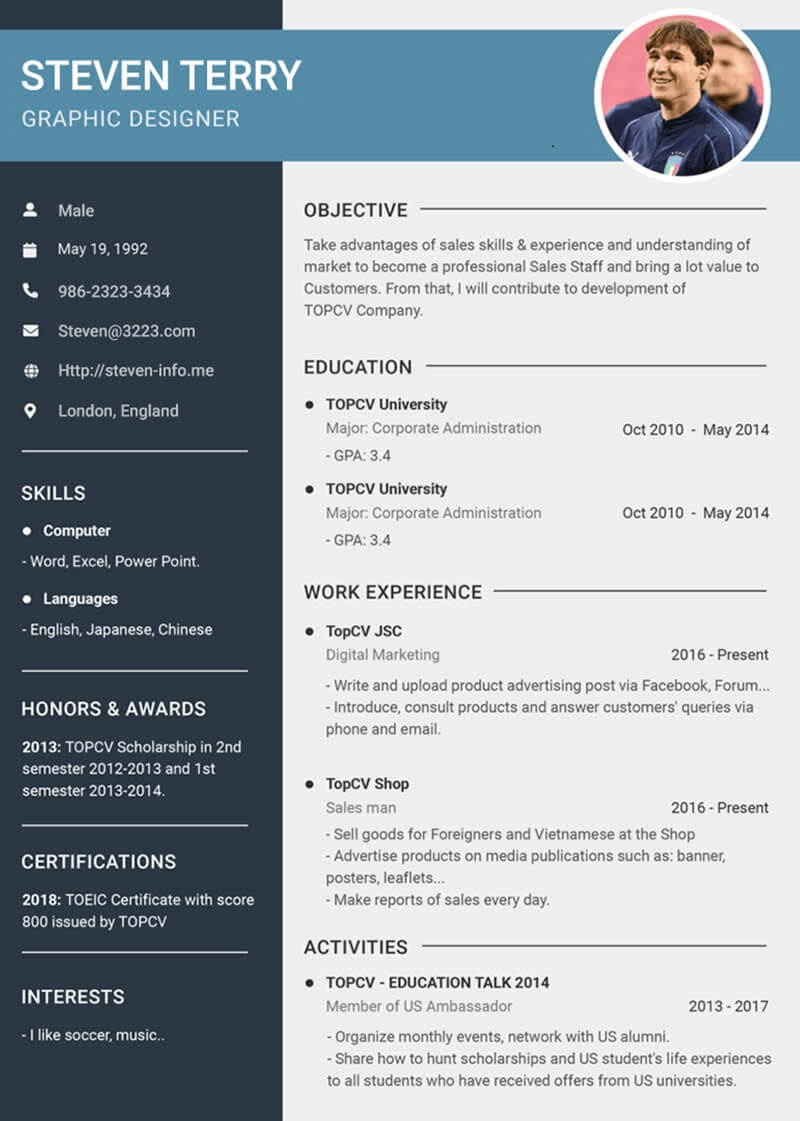
Resumes focus on showcasing skills and experience that are directly relevant to a specific position. CVs, however, provide a broader view of one’s qualifications, making them ideal for applications in academia or positions requiring detailed professional histories.
4. Tips for Writing an Effective CV
Creating an effective CV requires attention to detail and an understanding of what recruiters look for in a job application. By following these tips, job seekers can increase their chances of making a strong first impression.
4.1 Use a Clear Structure and Consistent Formatting
One of the most important aspects of a CV is its readability. Use headings and bullet points to organize information, ensuring that recruiters can quickly scan through the content. Choose a professional font and keep formatting consistent throughout the document, avoiding any unnecessary colors or graphics.
4.2 Tailor Your CV to the Job Role
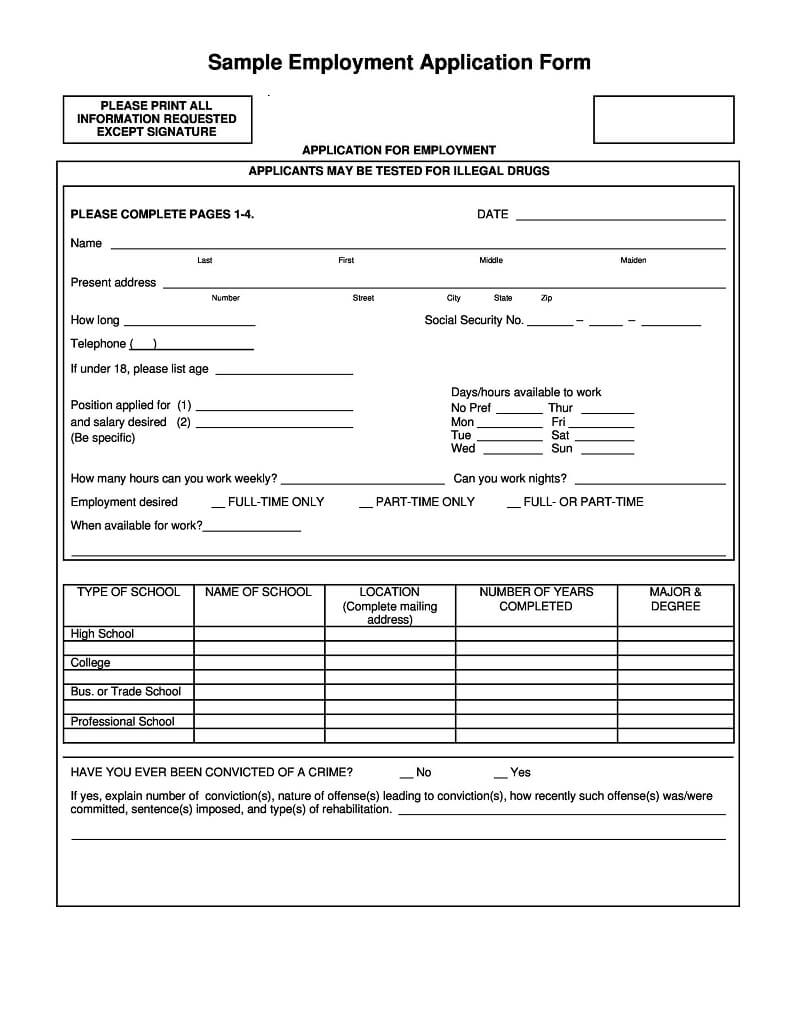
While a CV generally provides a comprehensive view of your career, it’s still essential to tailor it to the specific job you’re applying for. Emphasize relevant skills, experiences, and accomplishments that align with the job description. Customizing your CV for each application demonstrates your attention to detail and commitment to the role.
4.3. Highlight Achievements with Quantifiable Results
Rather than listing job duties, focus on achievements that showcase your skills and impact. Whenever possible, include quantifiable results, such as “Increased sales by 20%” or “Managed a team of 10 employees.” These details add value to your CV by showing recruiters the tangible contributions you can bring to their organization.
5. Common Mistakes to Avoid on Your CV
An effective CV not only highlights your qualifications but also avoids common pitfalls that could reduce your chances of landing an interview.
5.1. Avoid Including Irrelevant Information
Including too much personal information, like marital status or hobbies, can clutter your CV and distract from your professional accomplishments. Stick to information that is relevant to the job role, and leave out unnecessary details that don’t add value to your application.
5.2. Proofread for Spelling and Grammar Errors
Errors in spelling and grammar can give a negative impression to potential employers. Before submitting your CV, take time to review it for mistakes, or use a spell-check tool. Having a well-written, error-free CV shows that you pay attention to detail and take pride in your work
5.3. Ensure Accuracy and Honesty
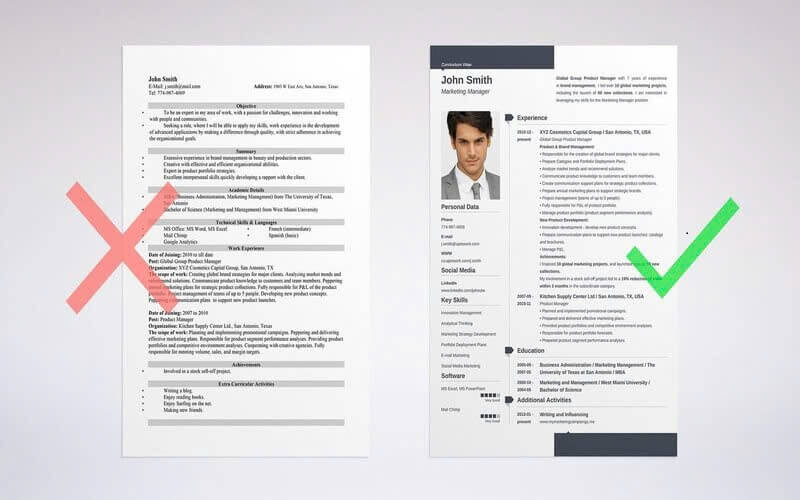
While it can be tempting to exaggerate accomplishments, honesty is essential. Many employers conduct background checks, and inaccuracies can damage your credibility. Represent your qualifications accurately to build trust with potential employers.
6. CV Examples and Templates
Using examples and templates can be a helpful starting point for creating a polished CV. By reviewing well-structured CVs, job seekers can better understand how to present their experience and qualifications.
6.1. Simple CV Example
A simple CV template is suitable for recent graduates or those with limited work experience. This layout typically includes only the essentials: contact details, education, skills, and a brief work history. This format allows recruiters to focus on your most relevant skills without unnecessary information.
6.2. Professional CV Template
For experienced professionals, a more detailed CV template is appropriate. This type of CV highlights extensive work history, major achievements, and skills that align with higher-level roles. Professional CV templates often include sections for certifications, awards, and advanced skills, helping to make a stronger impact on recruiters.
6.3. Academic CV Example
Academic CVs are essential for roles in research and education. These CVs typically include publications, conferences attended, research projects, and detailed information about educational background. By including such details, candidates demonstrate their expertise and contributions to their field.
7. The Importance of Updating Your CV Regularly
Updating your CV is crucial for maintaining its relevance. Job seekers should revise their CVs periodically to reflect new experiences, achievements, and skills.
7.1. Keep Track of New Skills and Certifications
As you progress in your career, you’re likely to gain new skills and complete certifications. Update your CV to include these new qualifications, as they add value and demonstrate your commitment to professional development.
7.2. Highlight Recent Accomplishments
Whenever you achieve something noteworthy at work—such as completing a significant project or receiving a promotion—consider updating your CV. Including recent achievements helps keep your CV current and shows potential employers your ongoing growth and contributions.

7.3. Adapt Your CV to Reflect Industry Changes
Industries evolve, and so should your CV. As job requirements change, make sure your CV aligns with new expectations in your field. For example, if digital skills are increasingly important, highlight relevant abilities or experiences to stay competitive.
8. How to Use Your CV Effectively in Job Applications
Having a strong CV is just the first step; knowing how to use it effectively is equally important. Here are some strategies for maximizing the impact of your CV in job applications.
8.1. Attach a Cover Letter
A well-written cover letter complements your CV by providing context for your application. Use the cover letter to explain why you’re interested in the role and how your experience makes you a strong candidate. Together, the CV and cover letter give a complete picture of your suitability for the job.
8.2. Follow Up with Employers After Submission
Following up on your application can make a positive impression and show your enthusiasm for the role. Sending a polite email a week or two after submitting your CV can remind employers of your interest and keep your application fresh in their minds.
8.3. Prepare for Interviews with Your CV as a Guide
Your CV can serve as a roadmap during interviews. Review it before your interview to remind yourself of key points, and be prepared to discuss specific achievements or experiences listed. By aligning your interview answers with your CV, you present a cohesive and confident image.
9. Frequently Asked Questions About CVs
Many job seekers have common questions about CVs, especially if they are new to the job market or applying internationally. Below are answers to some frequently asked questions to clarify any confusion.
9.1. What Is the Difference Between a CV and a Resume?
A CV is a detailed document covering your full career, education, and achievements, often several pages long. A resume, however, is typically shorter, focusing on relevant skills and experiences tailored to a specific job application.
9.2. How Long Should My CV Be?
There’s no one-size-fits-all answer, but generally, a CV for academic or research positions can be several pages long. However, for non-academic positions, keeping it concise (two to three pages) is recommended, focusing on the most relevant experiences.
9.3. Should I Include References on My CV?
While it’s not necessary to include references on your CV, you can add a line that says “References available upon request.” This shows that you are prepared to provide references without taking up valuable space on your CV.
10. Conclusion: Crafting a CV That Works for You
What is a CV curriculum vitae and why is it important? Understanding the purpose of a CV, along with the specific elements that make it effective, is essential for job seekers. By customizing your CV to highlight your skills, qualifications, and achievements, you increase your chances of standing out to potential employers. Regular updates and tailoring for specific roles can further enhance its impact. Remember, your CV is not just a record of your past; it’s a powerful tool to showcase your potential.
11. Why Choose JOB365.ph
Finding the right job can be challenging, but JOB365.ph is here to make your job search easier and more effective. As one of the leading job portals in the Philippines, JOB365.ph connects job seekers to top employers across a variety of industries, including IT, sales, healthcare, education, and more. With thousands of job listings updated daily, we provide you with numerous opportunities to match your skills and career goals.
What sets JOB365.ph apart is our commitment to user satisfaction. Our platform is designed to be intuitive and user-friendly, making it easy for job seekers to navigate, create profiles, upload CVs, and apply to jobs with just a few clicks. But we don’t just stop at job listings. JOB365.ph offers a wealth of resources, including resume-building tips, interview preparation guides, and career advice articles tailored to the Philippine job market.
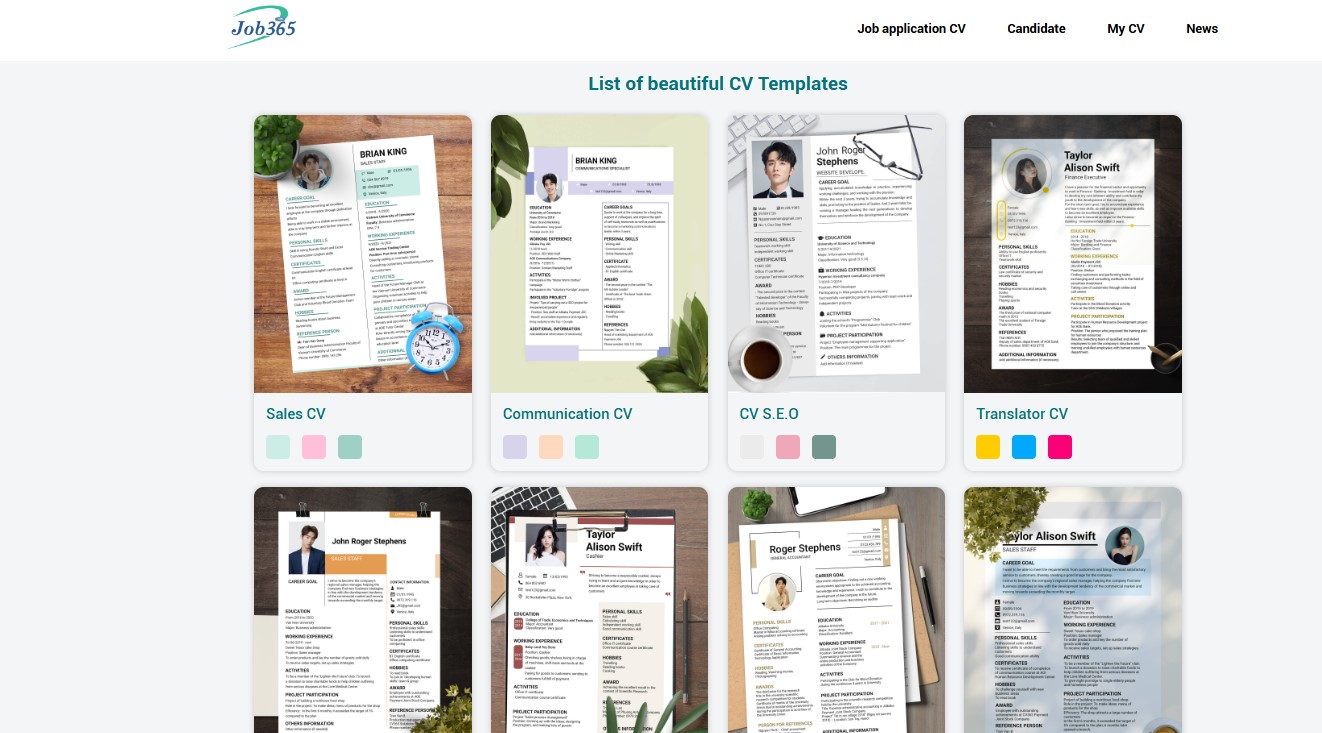
Our mission is to empower job seekers at every stage of their career journey. Whether you are a recent graduate looking to kickstart your career, a seasoned professional searching for better opportunities, or someone transitioning into a new field, JOB365.ph is your reliable partner. We prioritize building trust, ensuring that all job postings are verified to maintain quality and protect users from scams or misleading information.
Choosing JOB365.ph means choosing a platform that cares about your professional growth and success. Join our growing community of job seekers and experience firsthand why thousands of Filipinos trust JOB365.ph as their go-to source for finding meaningful employment.
Take your career to the next level with JOB365.ph – where your job search becomes seamless, personalized, and productive.


 | English
| English  | Korean
| Korean 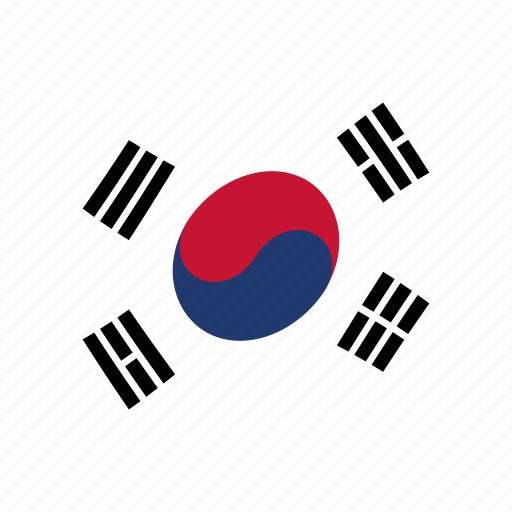 | Japanese
| Japanese  | China
| China  2025
2025
